2025 Year-End Overview: A Landmark Centenary for the Department of Genetics and IPBB
The Department of Genetics together with the Institute for Plant Breeding and Biotechnology concludes 2025 with a year defined by celebration, achievement and renewed purpose. Marking 100 years of genetics at Stellenbosch University, the department stands today as a vibrant community of 25 academic staff members, 8 technical officers and 2 administrative staff, all of whom sustain one very active scientific environments in the faculty. This community supports 95 postgraduate students across honours, master’s and doctoral programmes, together with 8 postdoctoral research fellows who continue to push the boundaries of discovery. Their collective efforts have advanced genetic research, illuminated complex biological questions and produced new knowledge that has made this centenary year truly one to remember.
Centenary Celebrations and Academic Community Life
A vibrant calendar of centenary activities helped shape the spirit of the year. A film screening created opportunities for students, academics and alumni to explore the evolution of genome editing as a discipline and to consider how far the field has advanced since the department’s founding. The centenary symposium at STIAS became the intellectual centrepiece of the celebrations. Staff, students and alumni gathered in Stellenbosch to share their research, reflections and honour one hundred years of scientific leadership in genetics.
Teaching and Learning Excellence
Teaching remained a cornerstone of the department’s mission throughout this centenary year. Academics delivered an extensive curriculum comprising 15 undergraduate modules across Genetics, Biotechnology, Plant Breeding, Biology and Biometry, as well as 12 postgraduate Honours modules in Genetics and Plant Biotechnology. These programmes required substantial preparation, laboratory coordination and sustained teaching hours, reflecting a deliberate effort to provide specialist scientific training that equips students for careers in both industry and research. The depth and breadth of these modules continue to strengthen the department’s reputation for offering one of the most comprehensive genetics teaching portfolios in the country.
The outcomes of these efforts are clearly visible in the achievements of our students. Fourteen Biotechnology Honours students and sixteen Genetics Honours students will graduate this year. Their programme consisted of six months of intensive coursework followed by four months of laboratory based research focused on real world scientific problems. After completing their research, each student presented and defended their project before the department, an exercise that strengthened their scientific communication and critical reasoning. Images from these presentations are included below.
The department also saw the graduation of three MSc students this year (M Dippenaar, C Engelsman, S Goodchild). Each candidate completed two years of dedicated research work followed by the writing of a full thesis, with some students publishing their findings in peer reviewed journals. As with the honours programme, the MSc degree concluded with an oral departmental defence that allowed candidates to present, justify and reflect on their research journeys.
At doctoral level, the department celebrated the graduation of two PhD students in 2025 ( now referred to with titled as Dr Jessica Vervalle and Dr SihleMthethwa). The PhD degree represents a minimum of three years of intensive research that must be both novel and publishable, with at least one peer reviewed publication required for completion. PhD candidates undergo rigorous proposal development, data generation, thesis writing and international examination processes before defending their work publicly within the department.
he outlook for 2026 is particularly strong. The Honours programme is expected to welcome approximately 40 new students, while the incoming MSc cohort already includes 20 confirmed candidates, among them three students joining from Wits. The doctoral pipeline is also growing steadily, with four new PhD applicants currently under review for the year ahead.
Several recognitions highlighted academic excellence within the department this year. Elmi Bruwer received the Hofmeyr van Schaik Medal for being the top fourth year student in Genetics, while Ethan Paton received the Academic Excellence Award as the top fourth year student within the IPBB.
A notable staff achievement was the twenty five year long service award presented to Prof Aletta Bester van der Merwe. Her extensive contributions in molecular population genetics, marine genomics and wildlife forensics, together with her longstanding commitment to teaching and postgraduate supervision, have shaped both the department and the broader scientific community. The department also celebrated the awarding of the 2025 Chancellor’s Award to Prof Johan Burger, recognising his exceptional lifetime contribution to research, teaching and scientific leadership.
In addition to these academic recognitions, the department hosted its annual end of year function, a gathering that brought together staff, and postgraduate students to celebrate the achievements of 2025. (See photos below.)
Research Productivity and International Impact
The department’s research performance continued to strengthen its reputation as a centre of innovation. Together, the Department of Genetics and the IPBB produced forty four peer reviewed publications in 2025, representing an impressive spread of research across insects, animals, fish, fruit crops, cereals and human genetics. This diversity reflects the breadth of expertise within the department and highlights the interdisciplinary character of our research environment. Throughout the year, academics, students, post-docs presented their findings at various conferences across the world, ensuring that the department’s work remains visible and influential within global scientific networks.
The Phenotyping Facility also experienced an exceptional year. Its two TraitFinder systems supported fifteen research projects, serving both internal and external collaborators. Harvesting, led by Ms Cecil Bester and the Plant Breeding Laboratory team, progressed without major obstacles and remains on schedule for completion in December. The facility continues to be a strategic asset for Stellenbosch University and a catalyst for advanced plant phenotyping research in Africa.
The IPBB also recorded a year of strong innovation driven activity that reflects its mandate to advance applied biotechnology and crop improvement. Several research projects within the institute made notable progress on early-stage technologies and translational approaches with potential for public facing impact. While many of these outputs are still under development, they represent an exciting pipeline for 2026 contributions that will support industry, agriculture and food security.
Service to the Scientific and National Community
Service was a defining thread throughout the year. Staff contributed to national advisory boards, governmental discussion panels, journal editorial committees and postgraduate examination panels. These roles ensure that the department’s expertise continues to inform scientific decision making, policy development and the advancement of genetics education and research in South Africa and beyond.
Farewell to Colleagues
This milestone year also brings heartfelt farewells. Two of our colleagues, Willem Botes and Paul Hills, have moved on to exciting new professional opportunities outside the university. Their contributions to plant breeding and plant biotechnology have shaped generations of students and advanced key areas of research within the department. We celebrate their achievements and wish them great success as they take on new roles in their respective fields.
We also mark the retirement of Johan Burger whose distinguished career has left a deep imprint on the department. His leadership in molecular genetics and plant virology, along with his mentorship of countless postgraduate researchers, has been central to the department’s development. Although his presence will be greatly missed, we extend our warmest wishes as he enters a well deserved new chapter of life.
Looking Ahead
This year we celebrate the graduation of 35 students across the Honours, Masters and Doctoral programmes, each representing a new spark of possibility for the future of genetics and biotechnology. Their achievements remind us of the transformative power of education and the promise carried forward by every new scientist we train. Their success is also a reflection of the remarkable people who sustain this department. Our academic, technical and administrative staff pour countless hours into thoughtful teaching, careful laboratory preparation, rigorous supervision and compassionate mentorship. It is through their dedication that our students discover their potential, and through their guidance that the next century of genetic discovery will be shaped.
As the departmental scribe, it is a privilege to have witness the closing of this milestone year. In reflecting on all that our community has achieved, I am reminded of a truth that speaks to the heart of who we are:
Excellence is not achieved in comfort. It is built by people who choose to show up, even when it is difficult, and still give their best.
Your departmental scribe
M. Le Roux



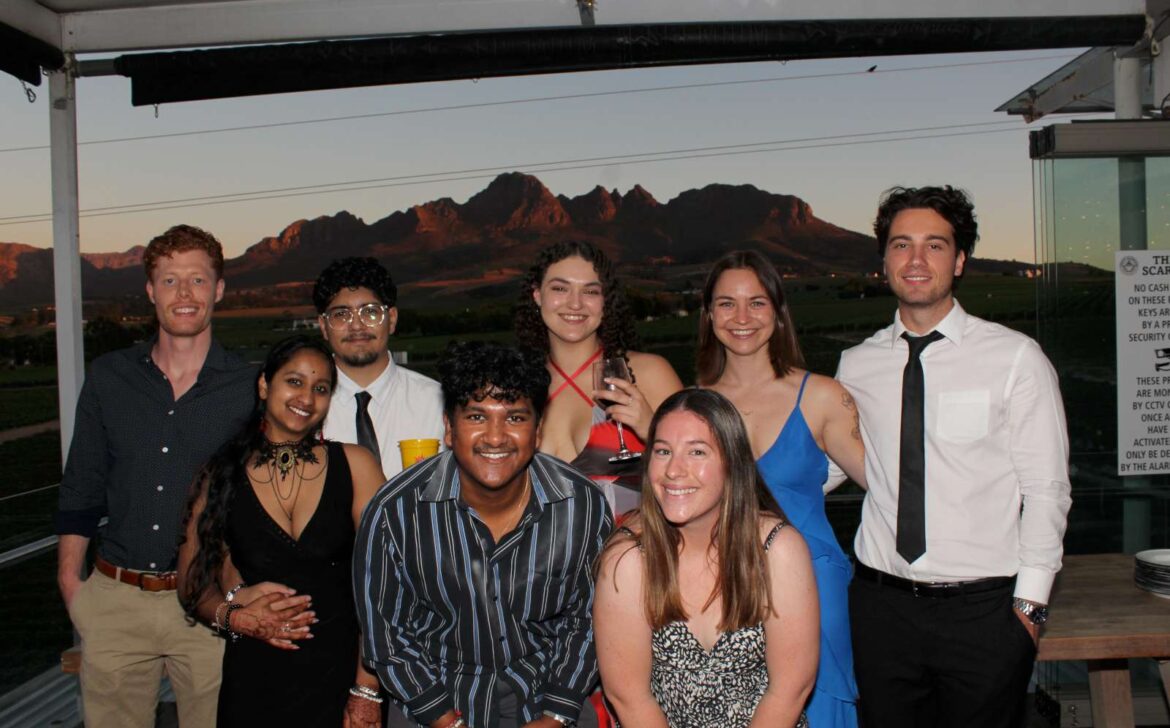
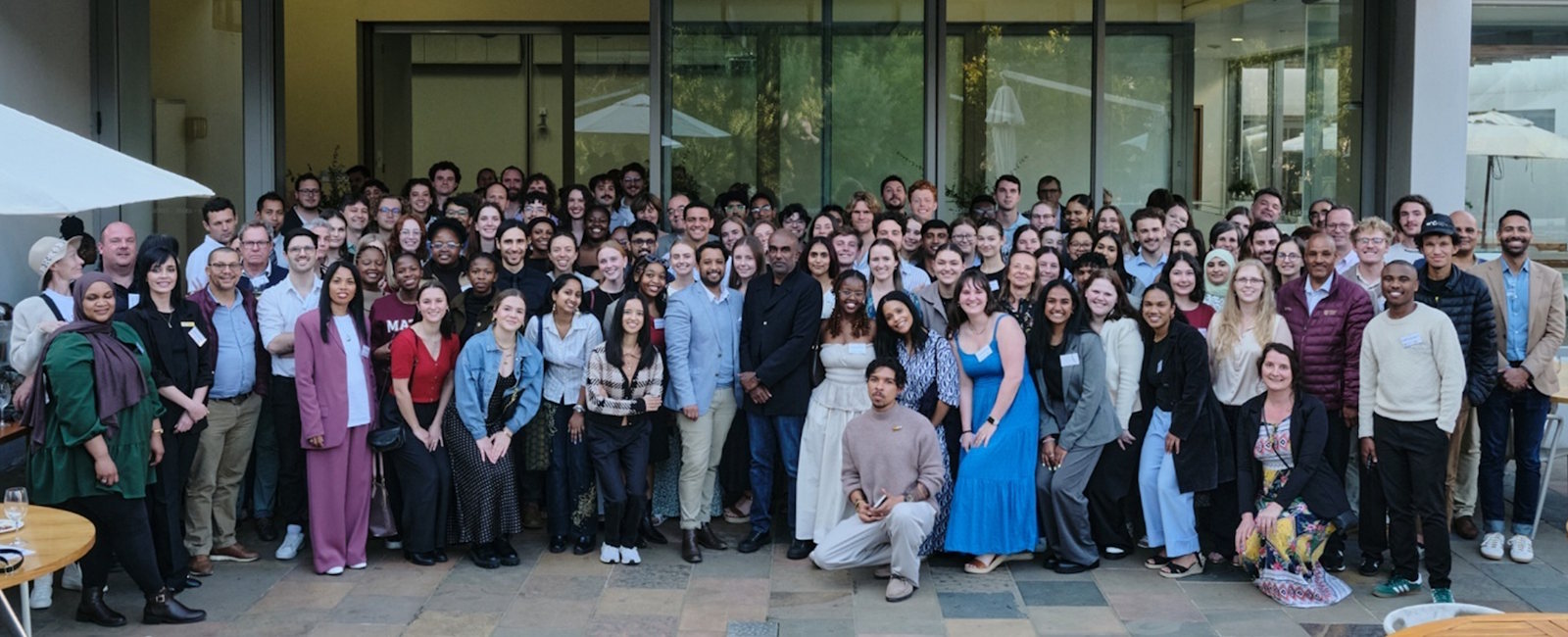
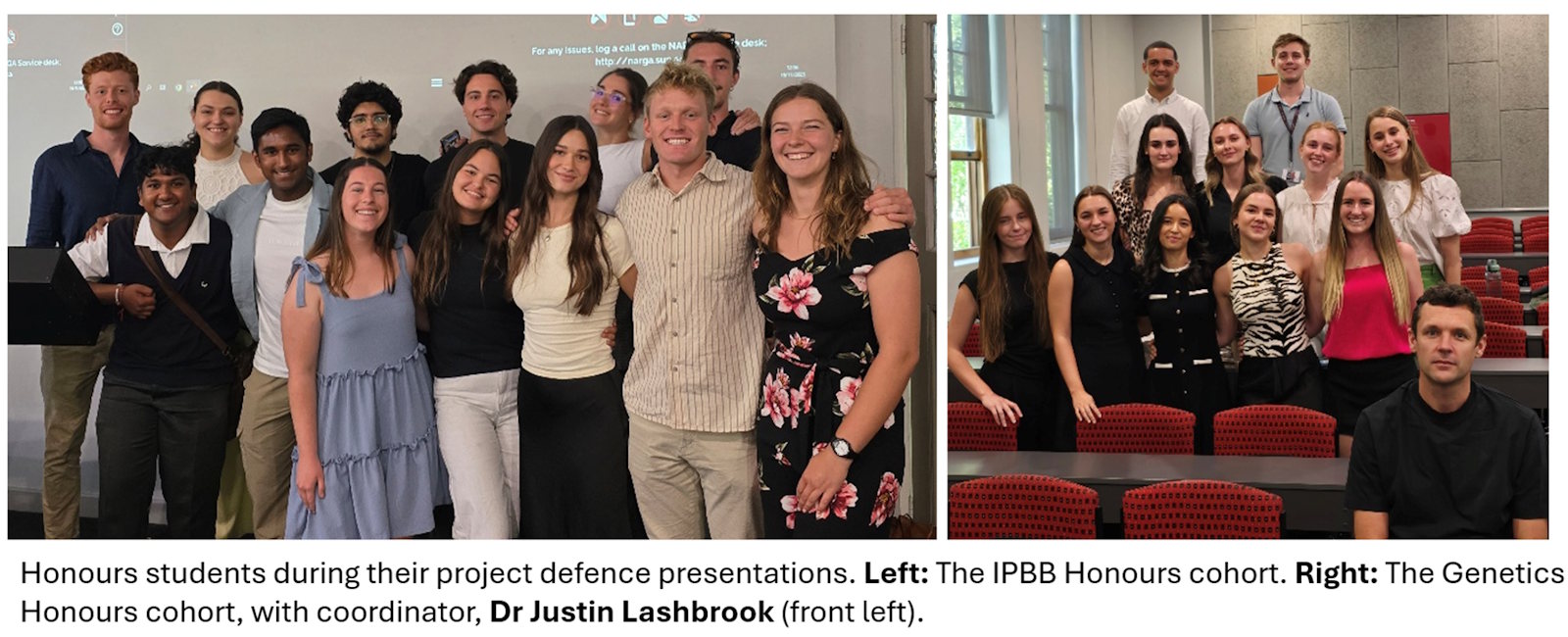
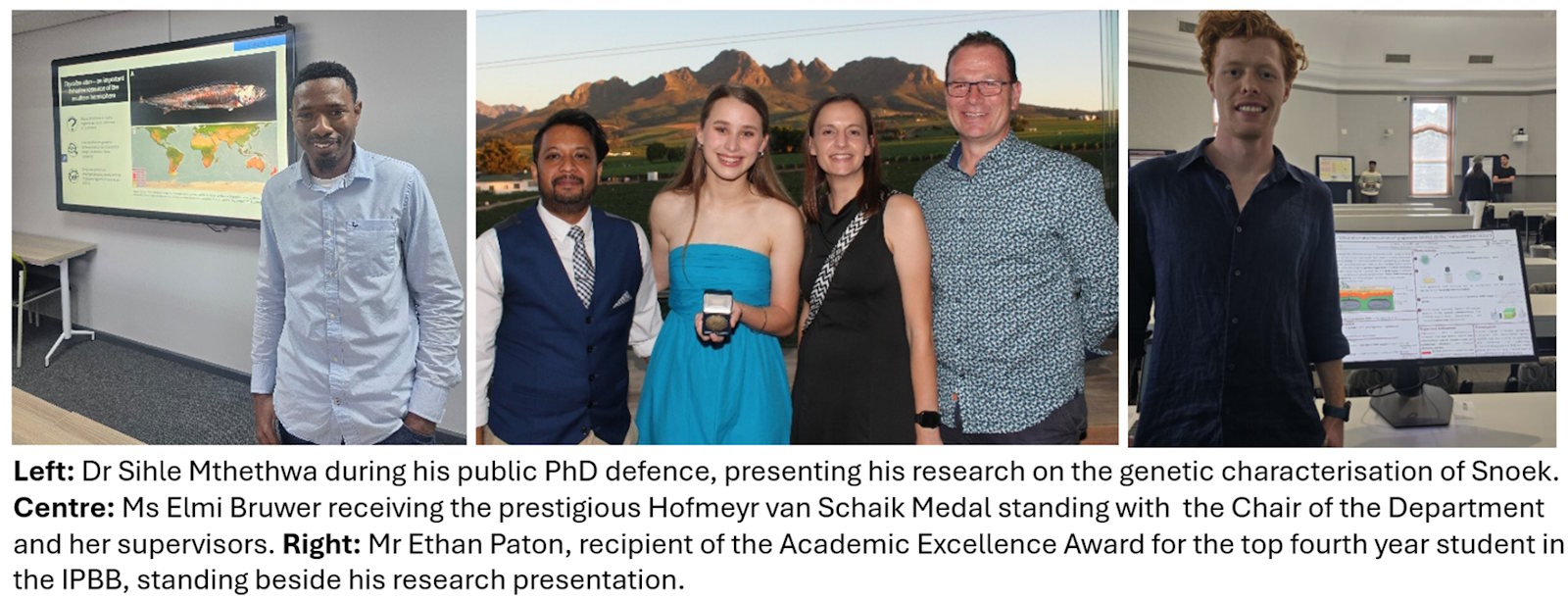
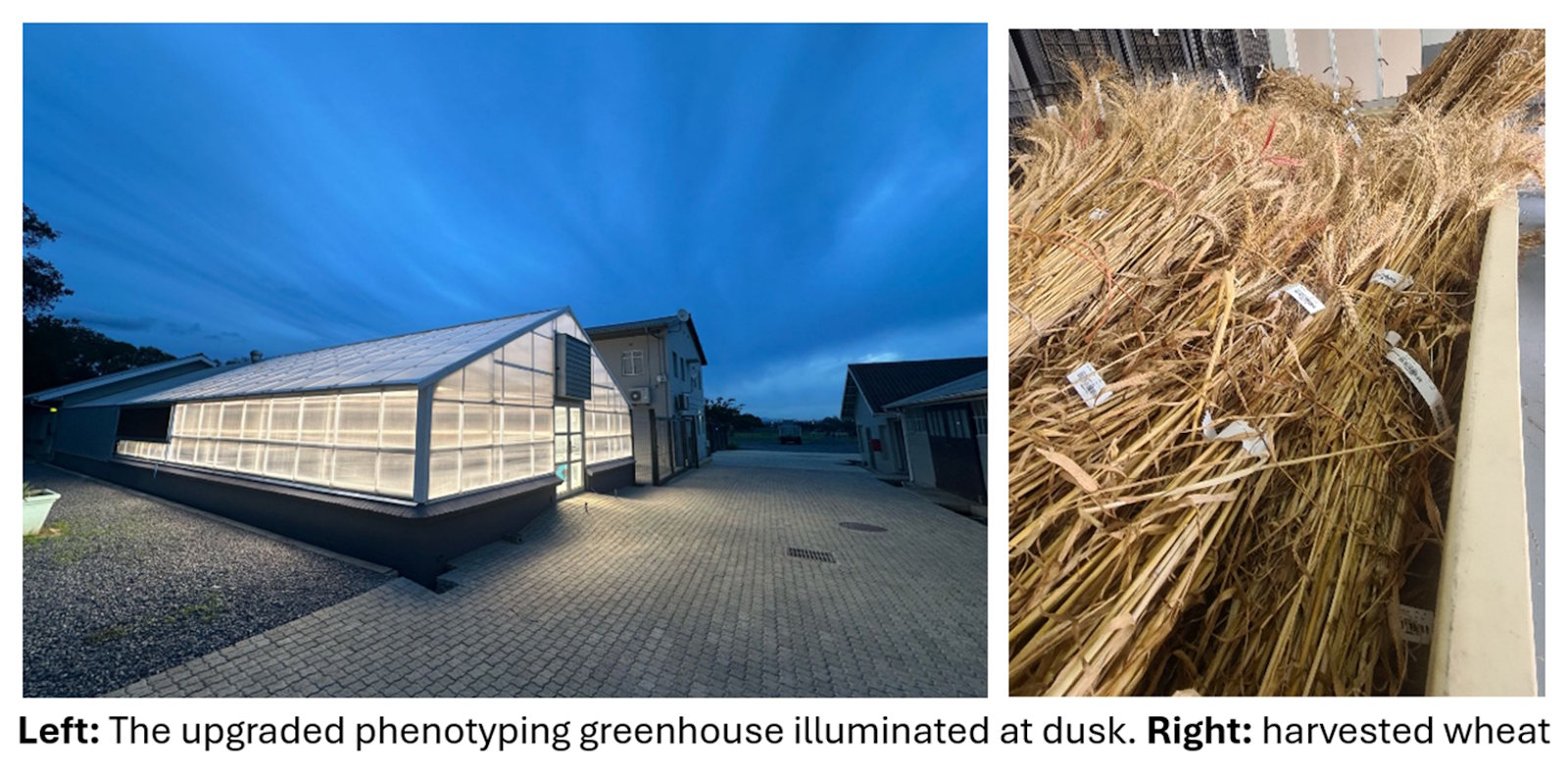
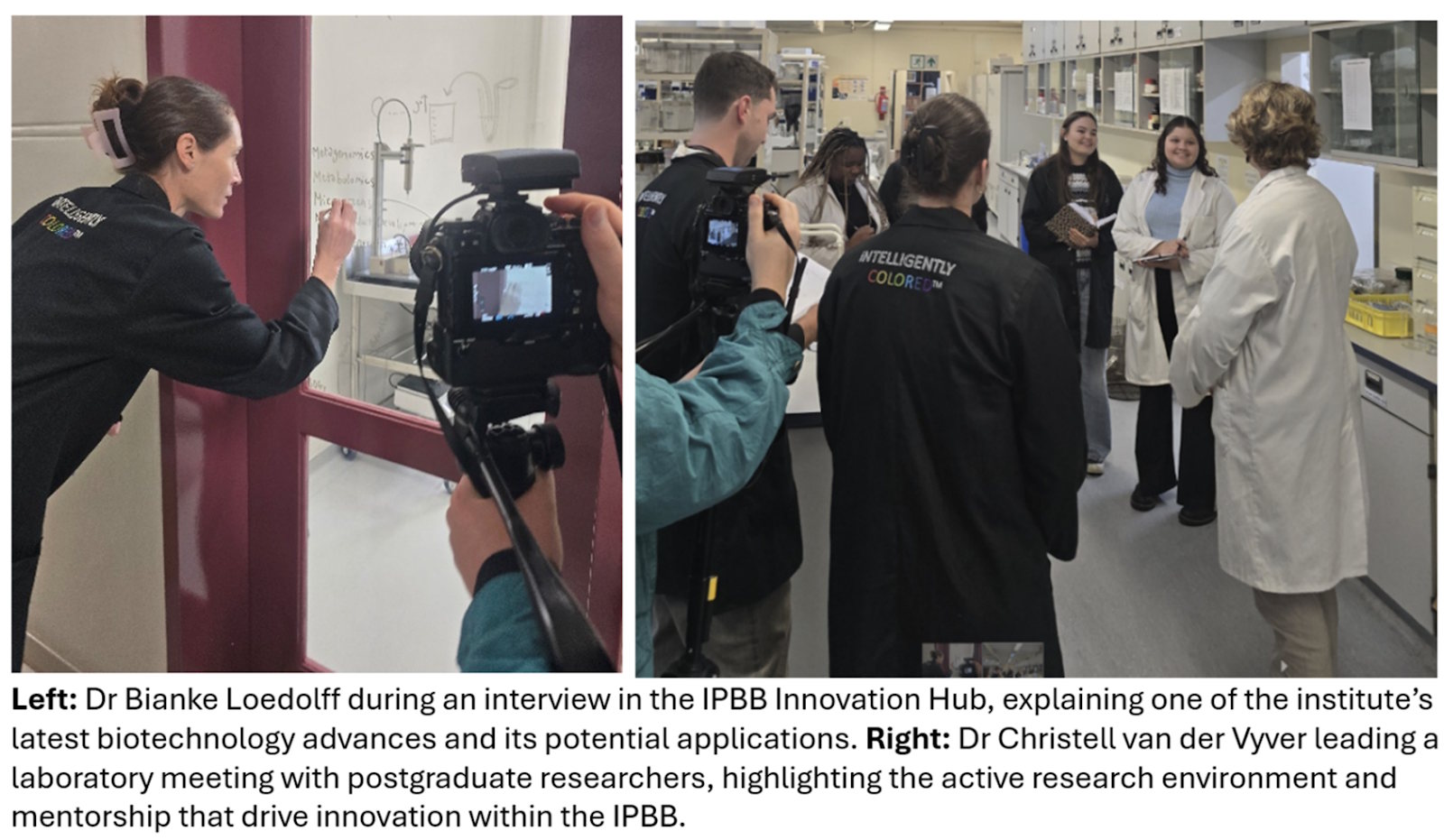

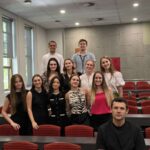
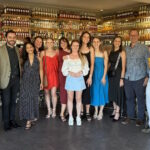
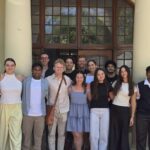
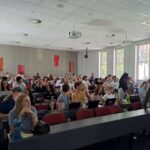
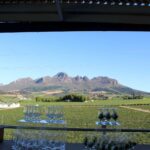
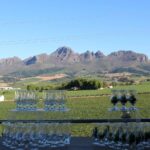
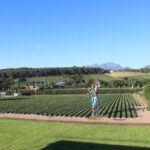
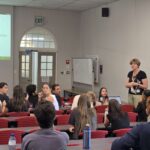
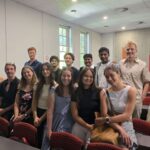
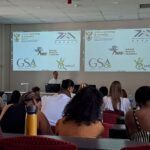
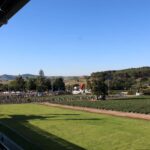
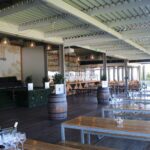
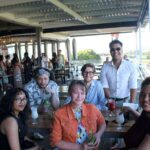
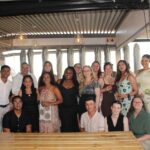
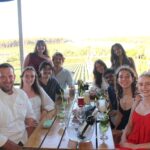
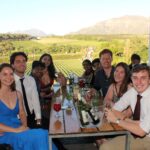
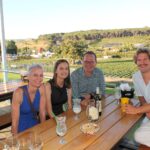

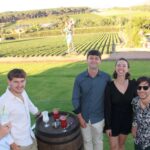
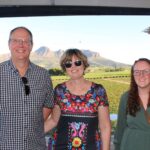
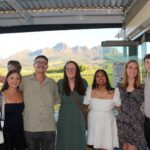
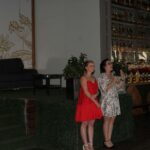
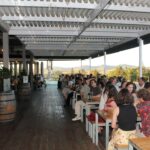
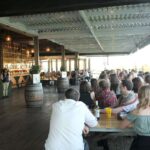
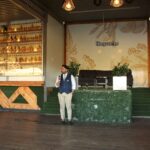
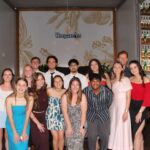

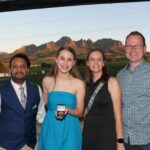
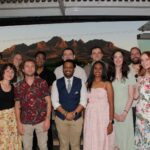
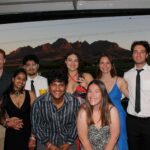
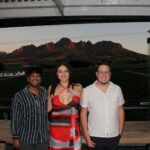
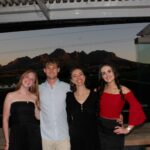
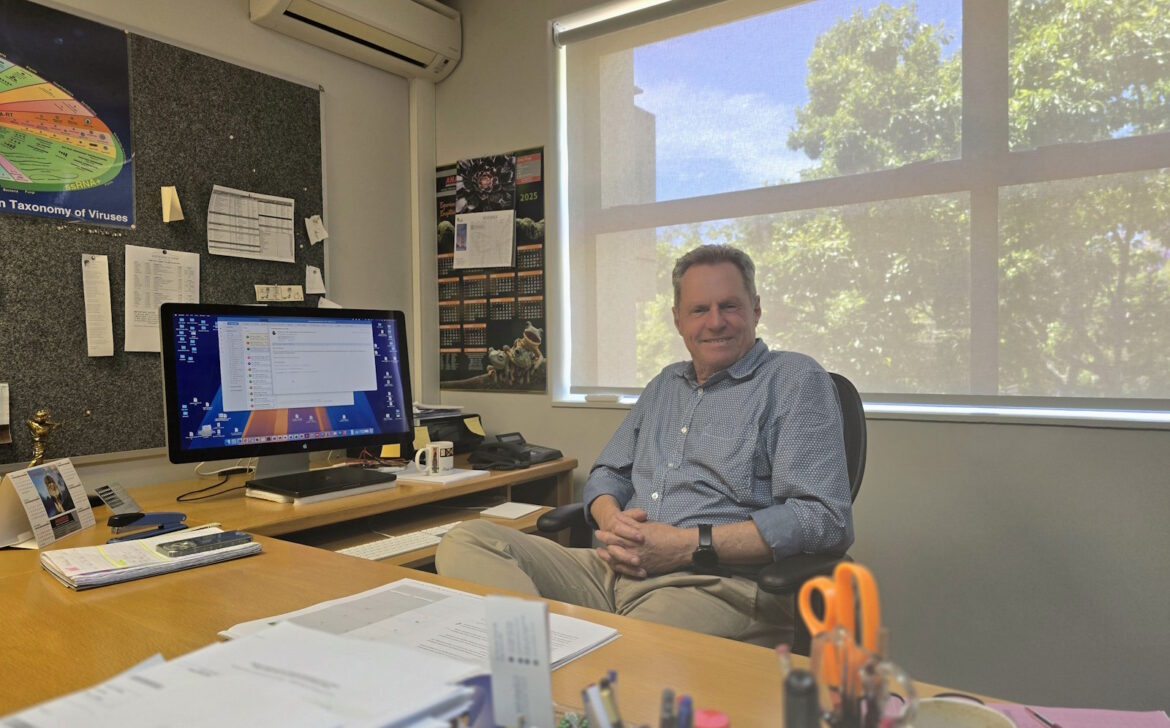
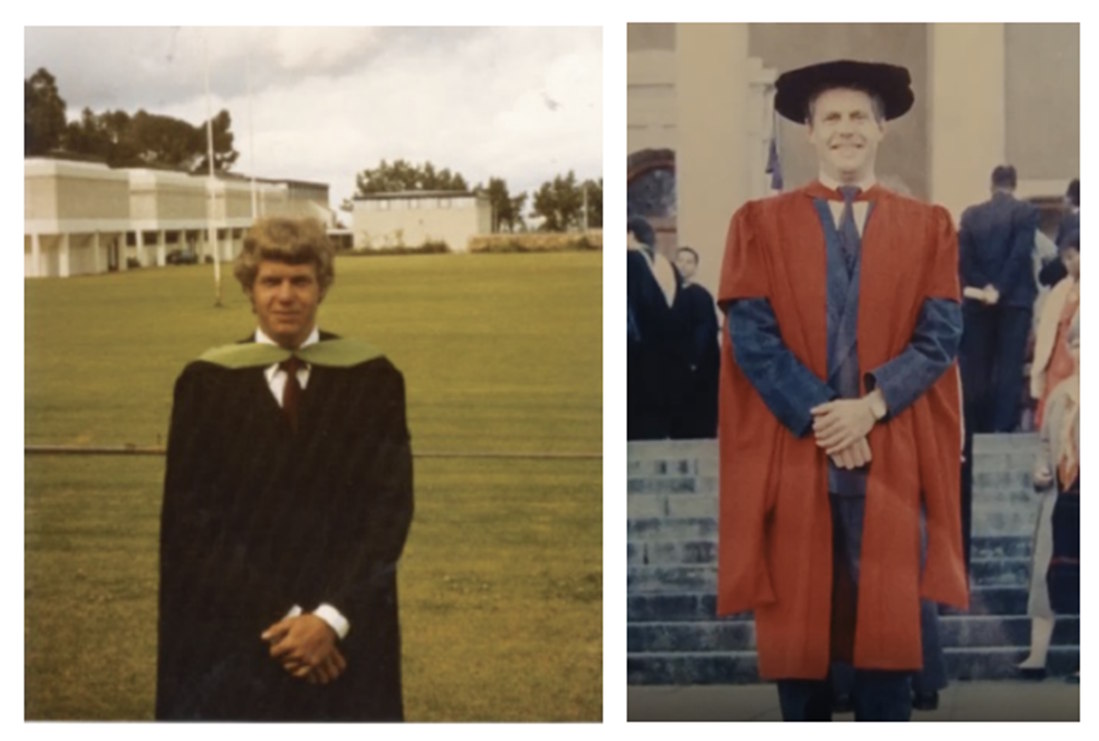
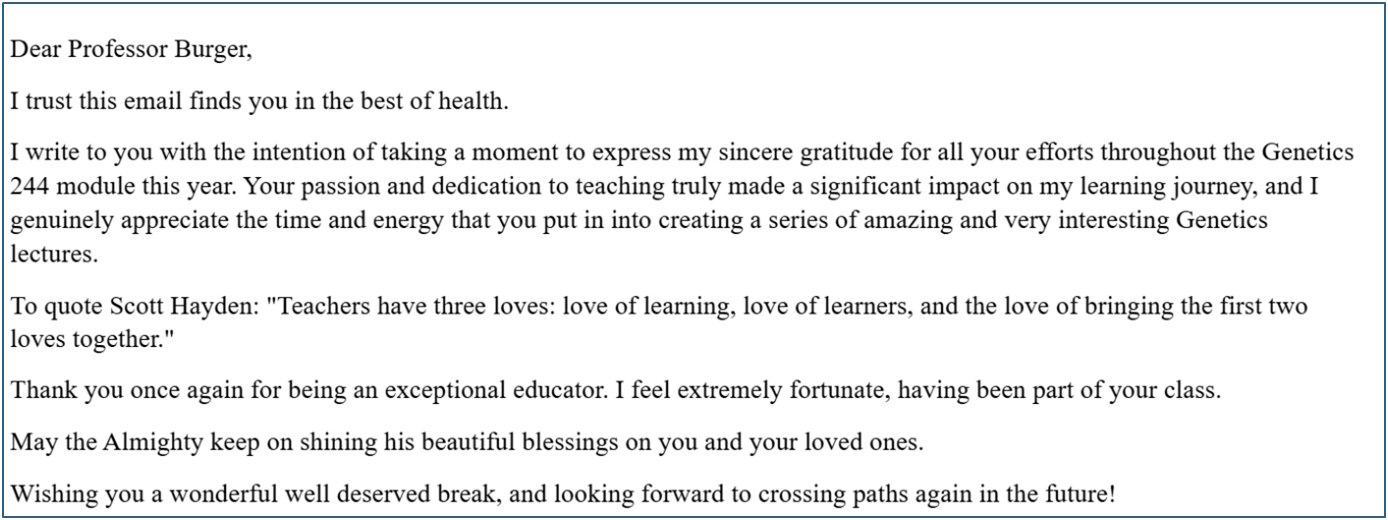
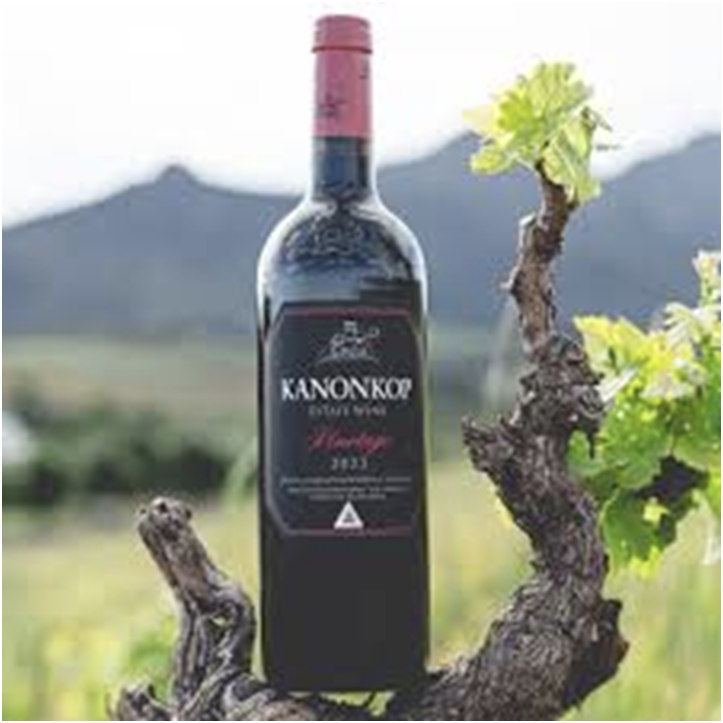 One of the most defining eras of Prof. Burger’s research took shape at Stellenbosch University through a collaboration with the renowned
One of the most defining eras of Prof. Burger’s research took shape at Stellenbosch University through a collaboration with the renowned 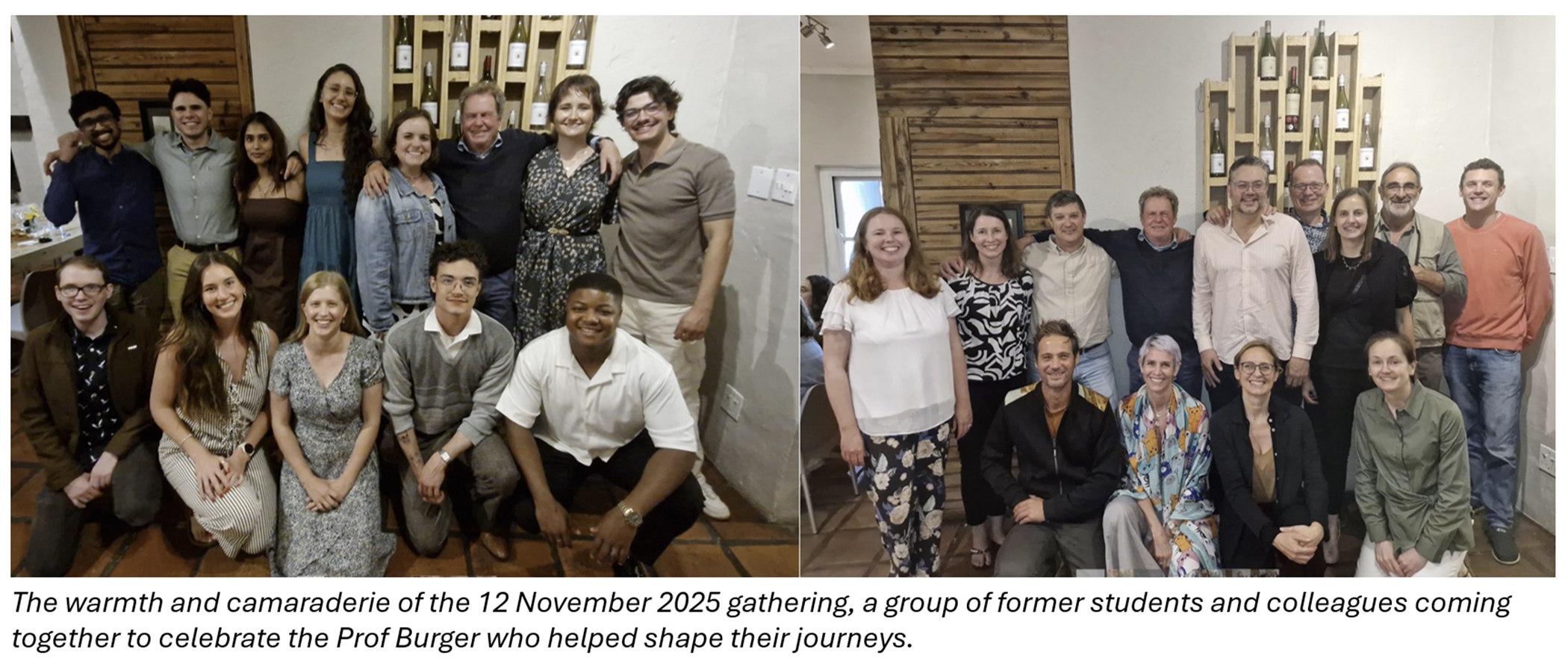
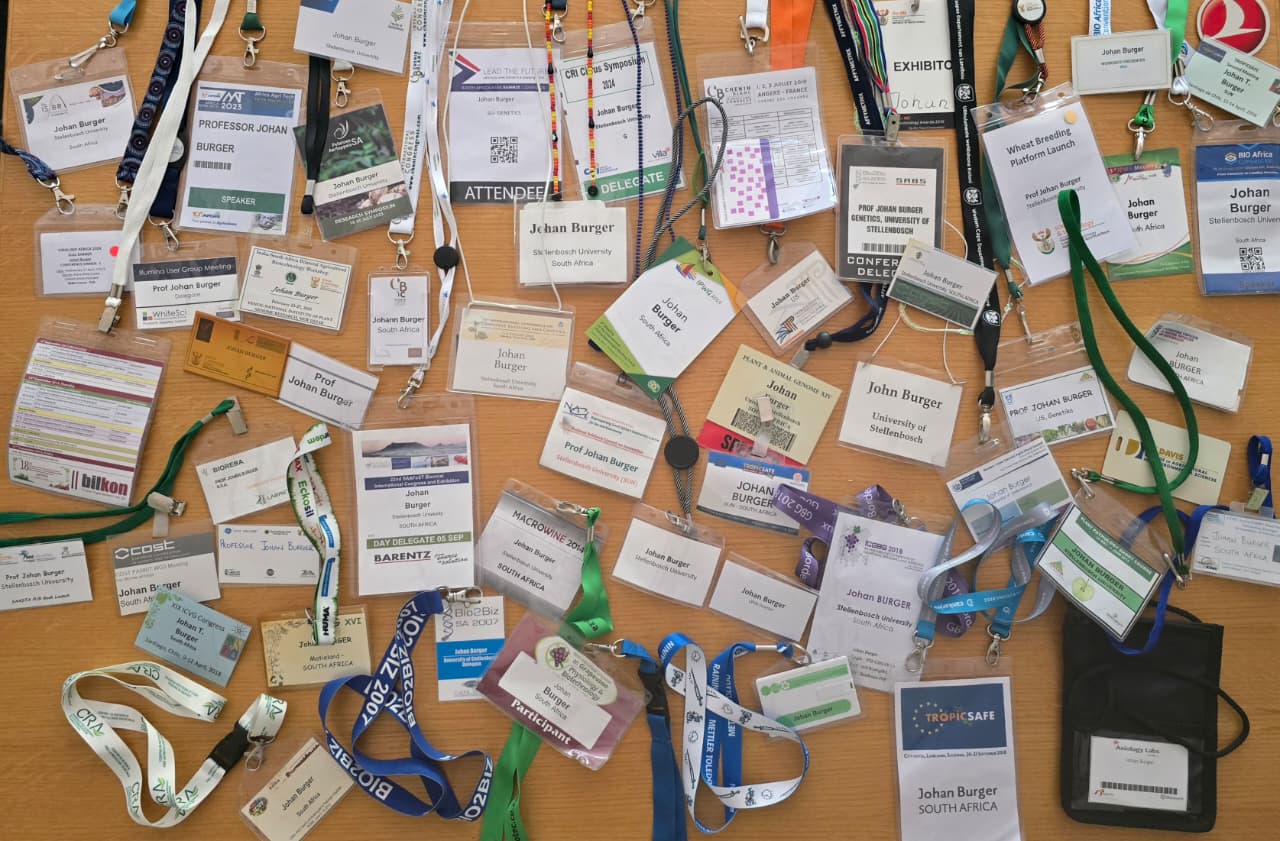
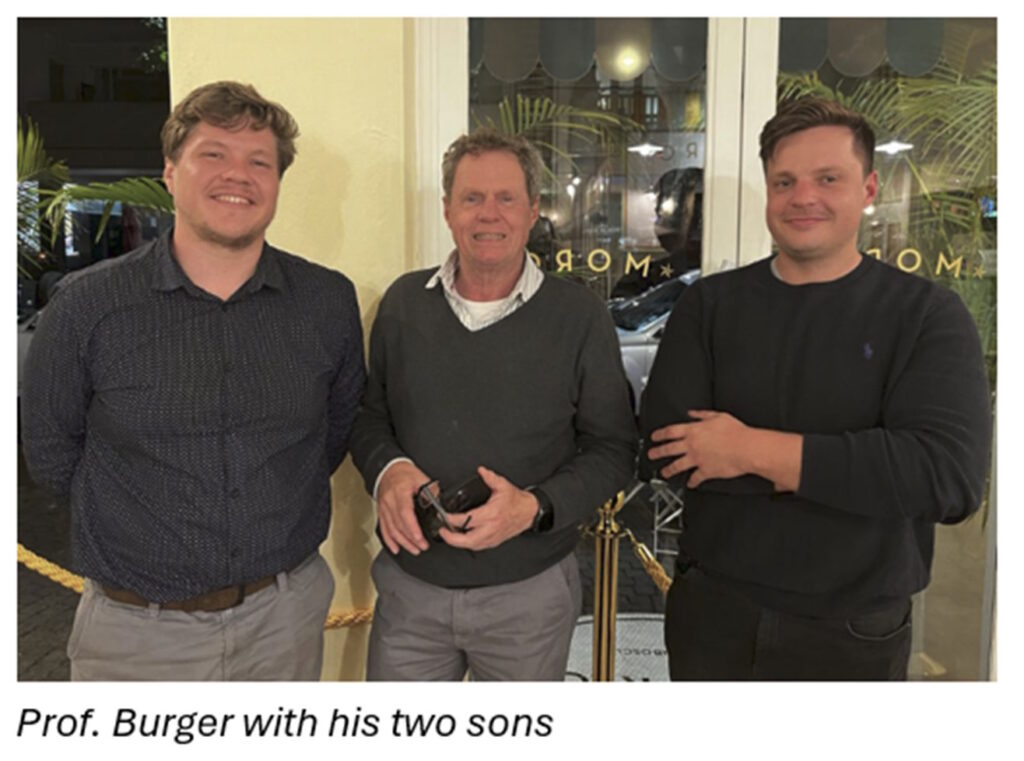

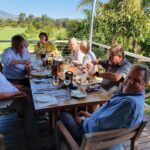

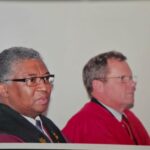


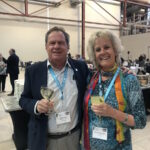
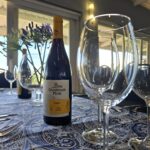
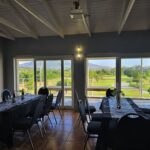

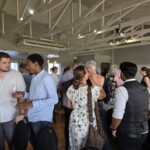
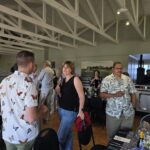
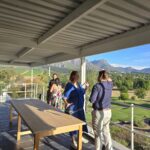
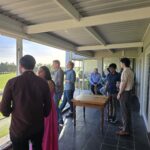
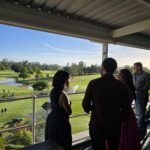
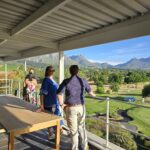
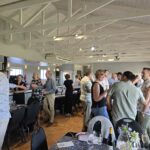
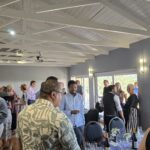

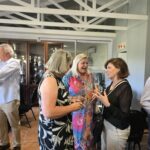
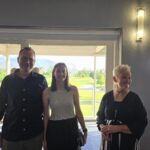
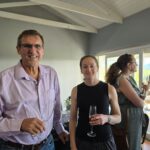

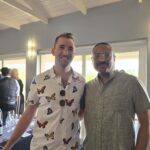
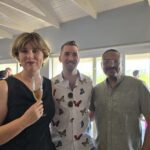
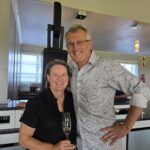
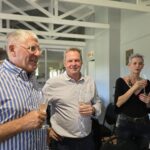
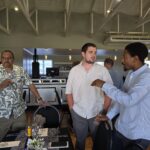
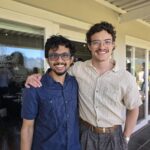
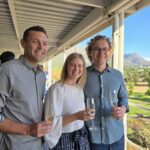
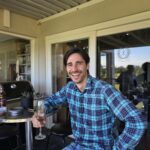
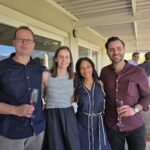

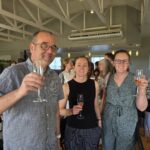
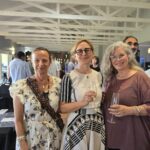


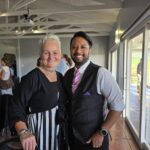
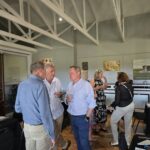
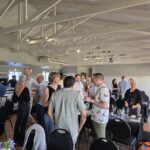

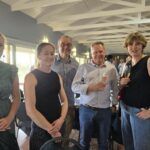
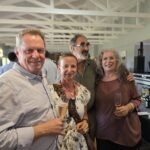
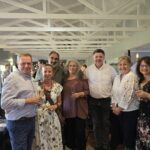
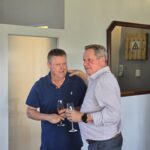
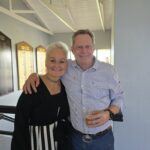
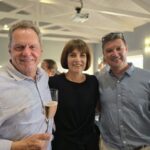
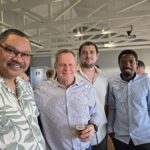
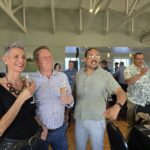
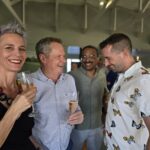

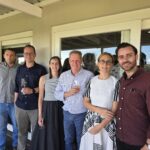
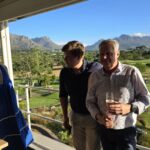
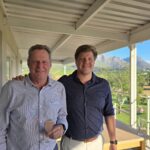
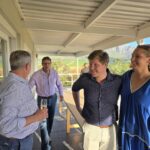
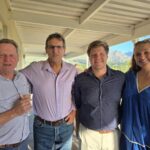
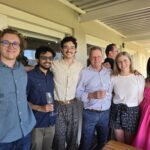
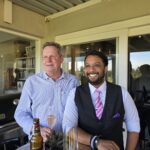
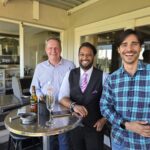
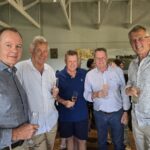
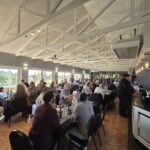
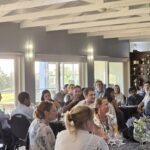
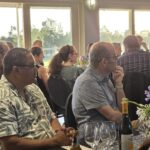
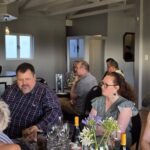
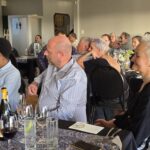
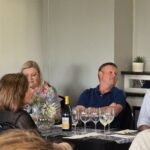



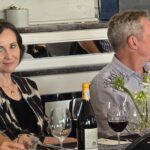


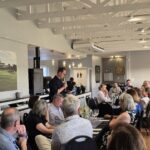
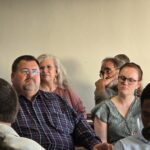

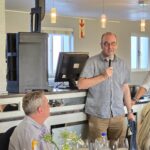
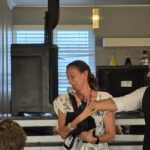

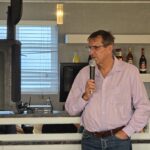
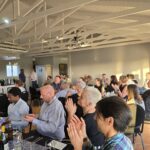

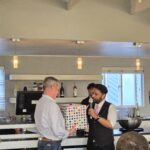
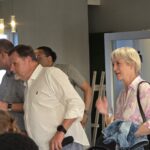
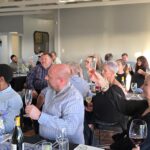
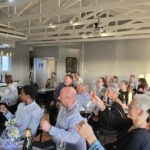
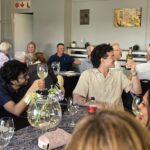

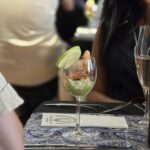
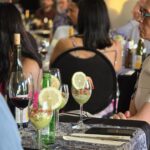
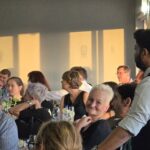
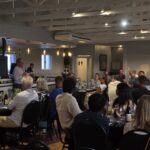
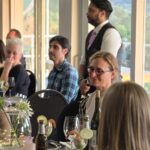
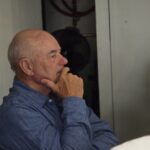
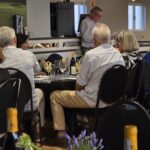

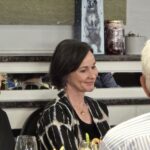
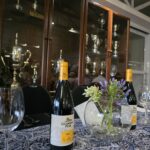

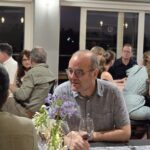
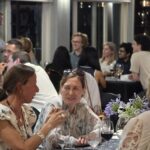


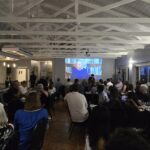
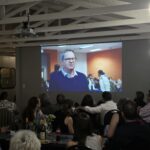
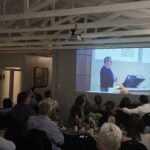
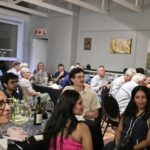
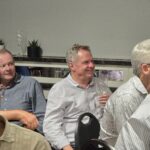
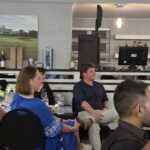
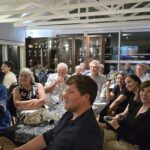
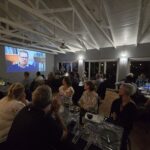
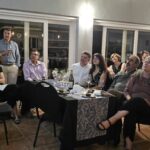
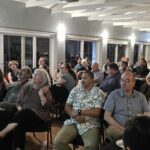
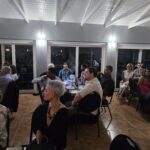
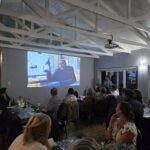



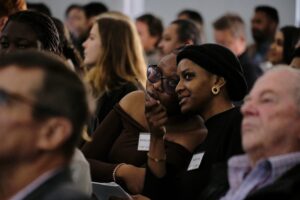


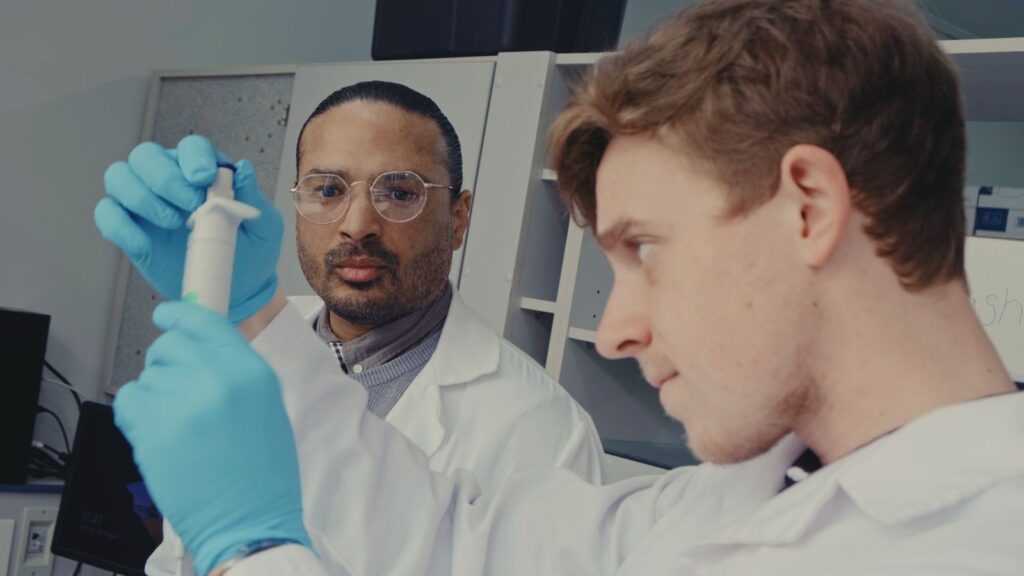

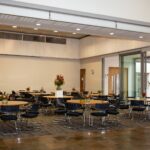


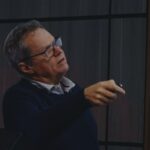



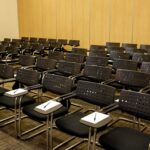
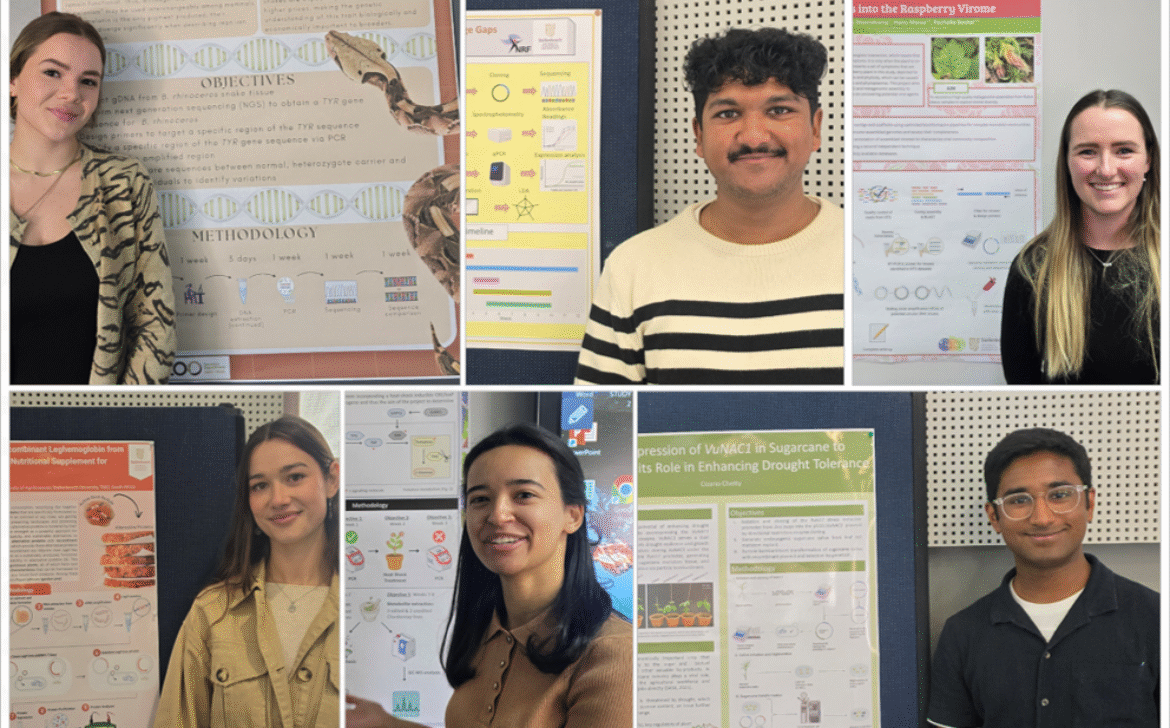
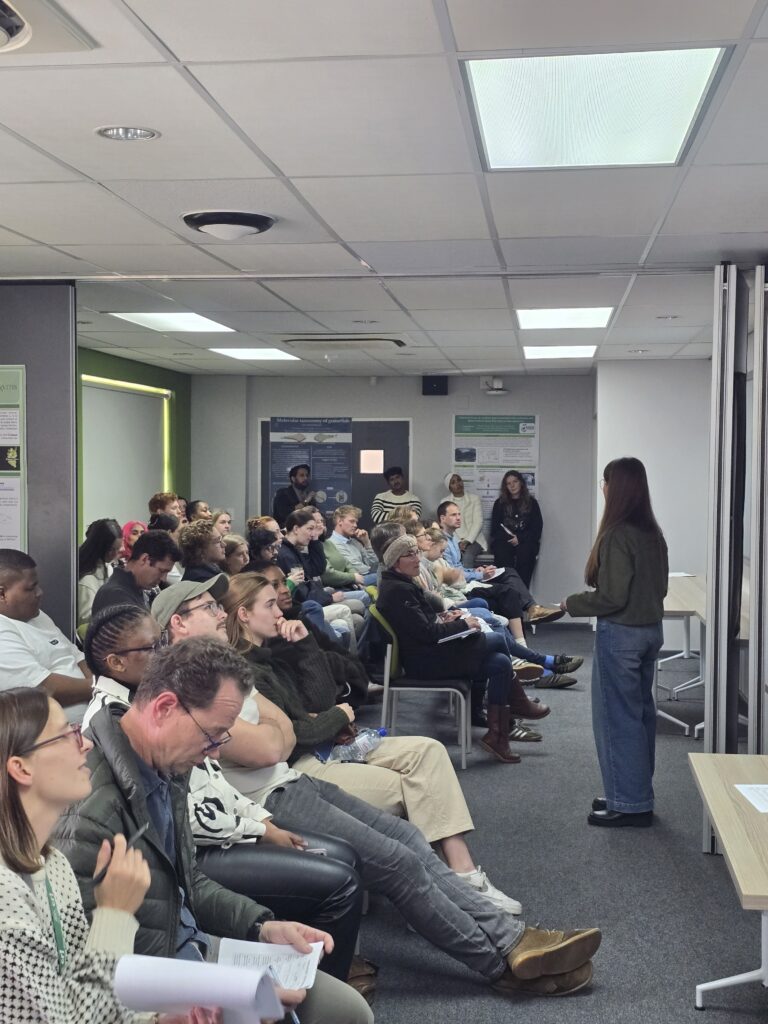
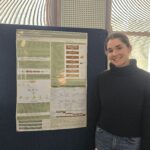
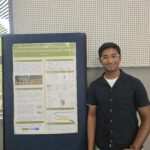

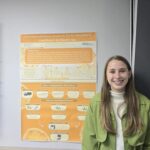
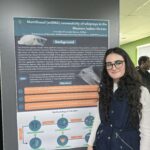


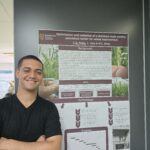

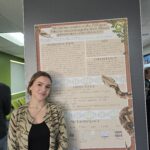
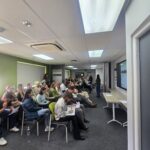
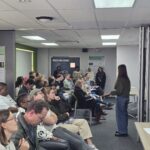
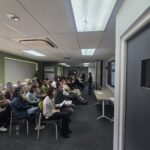
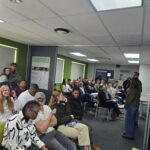



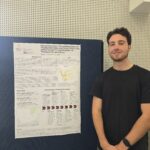
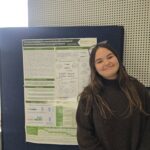
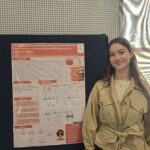
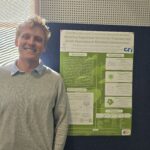


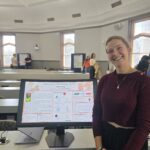


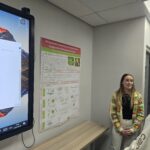


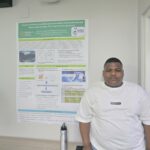
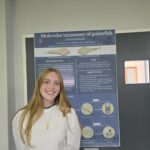

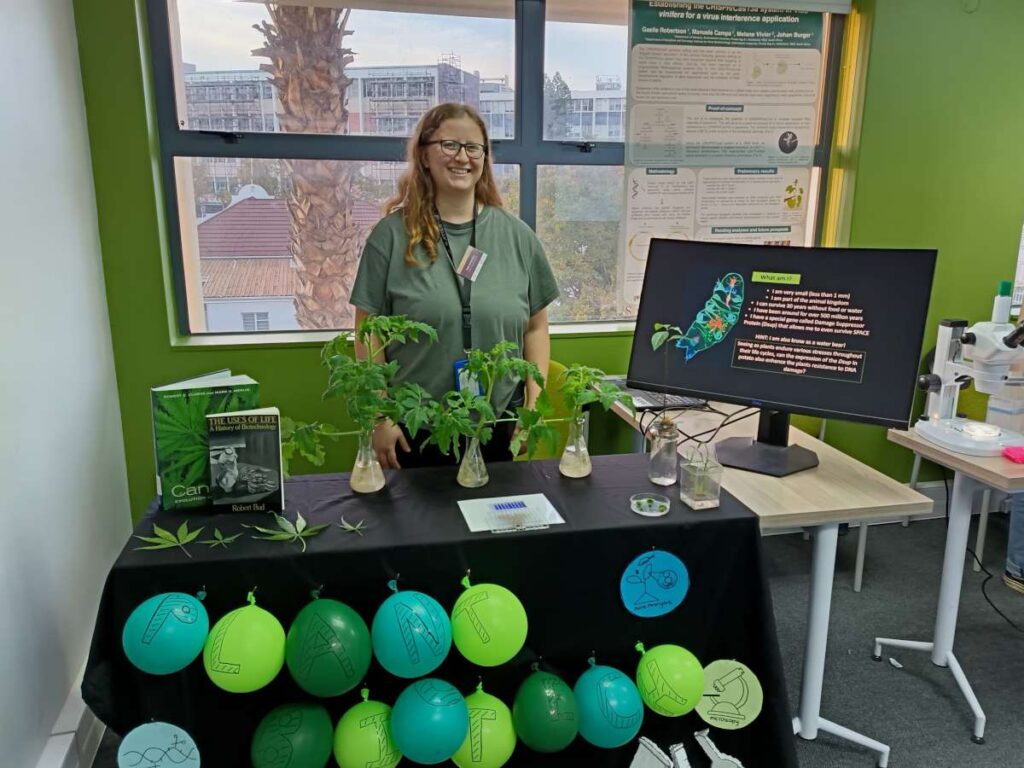
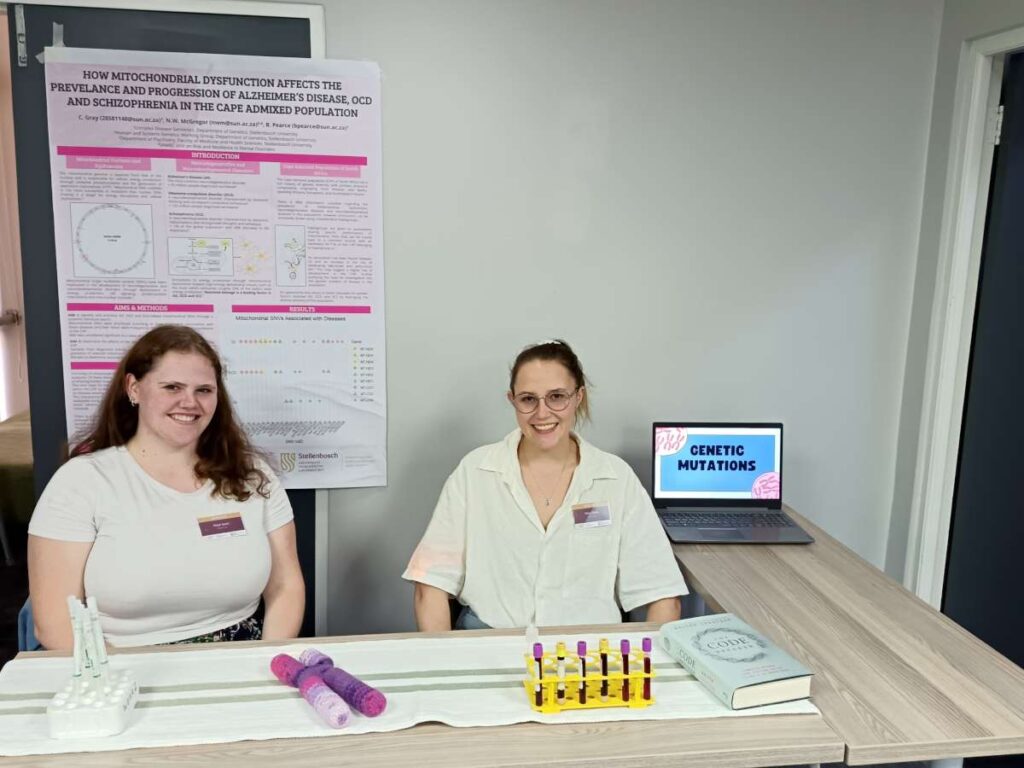
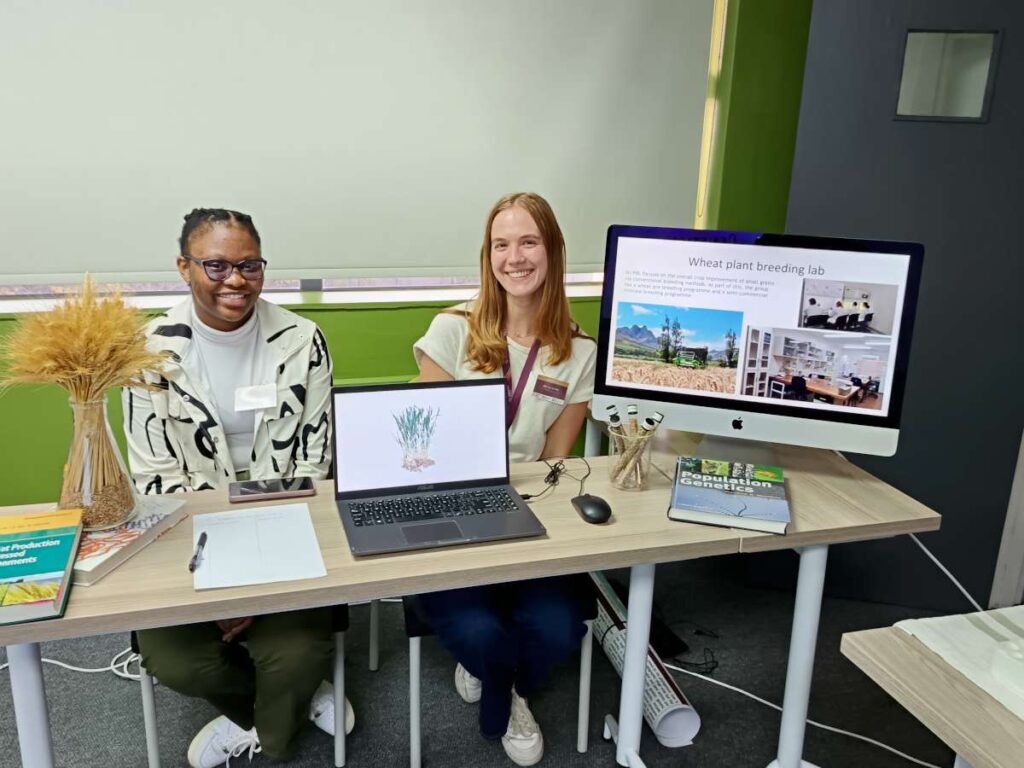
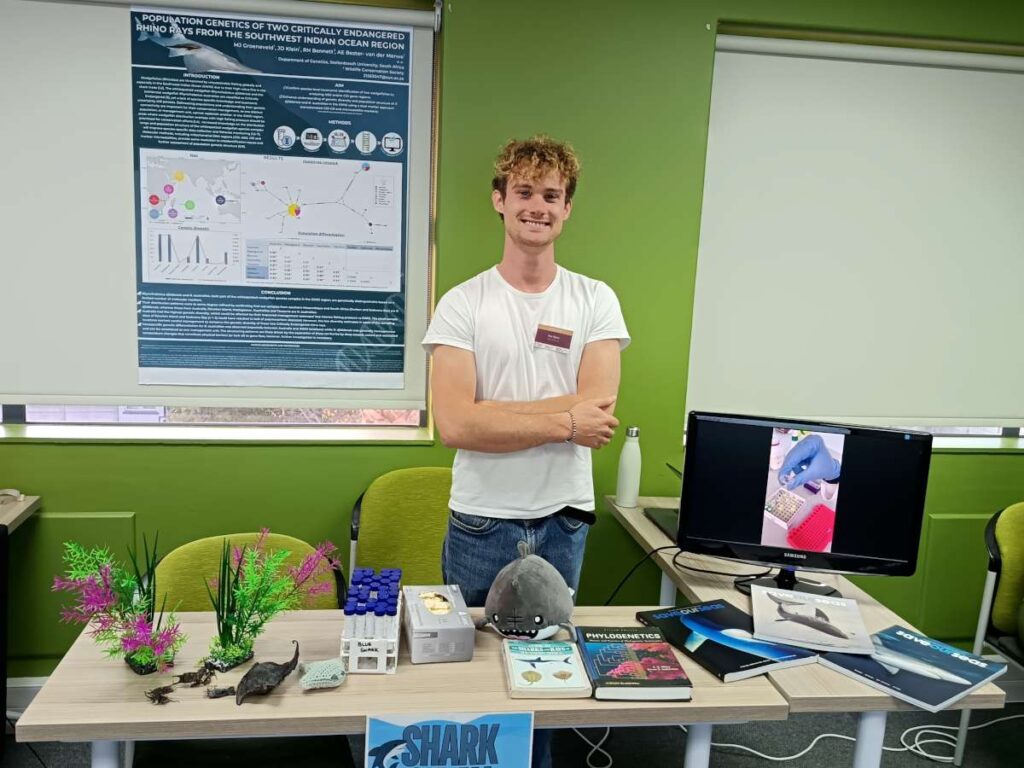
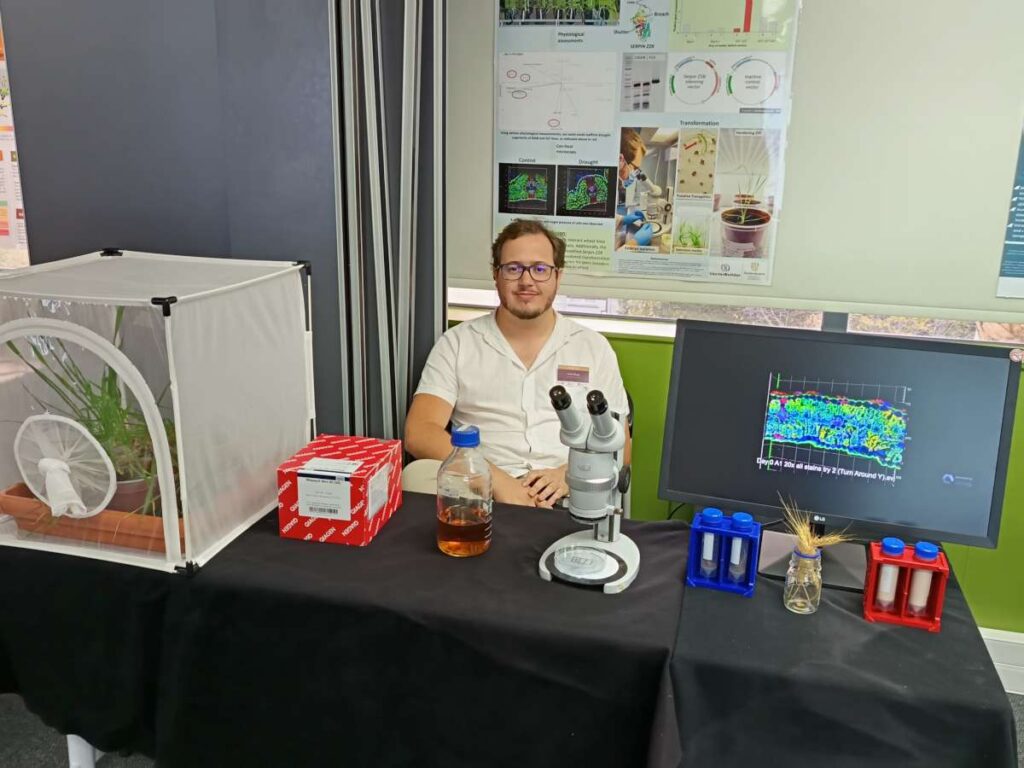
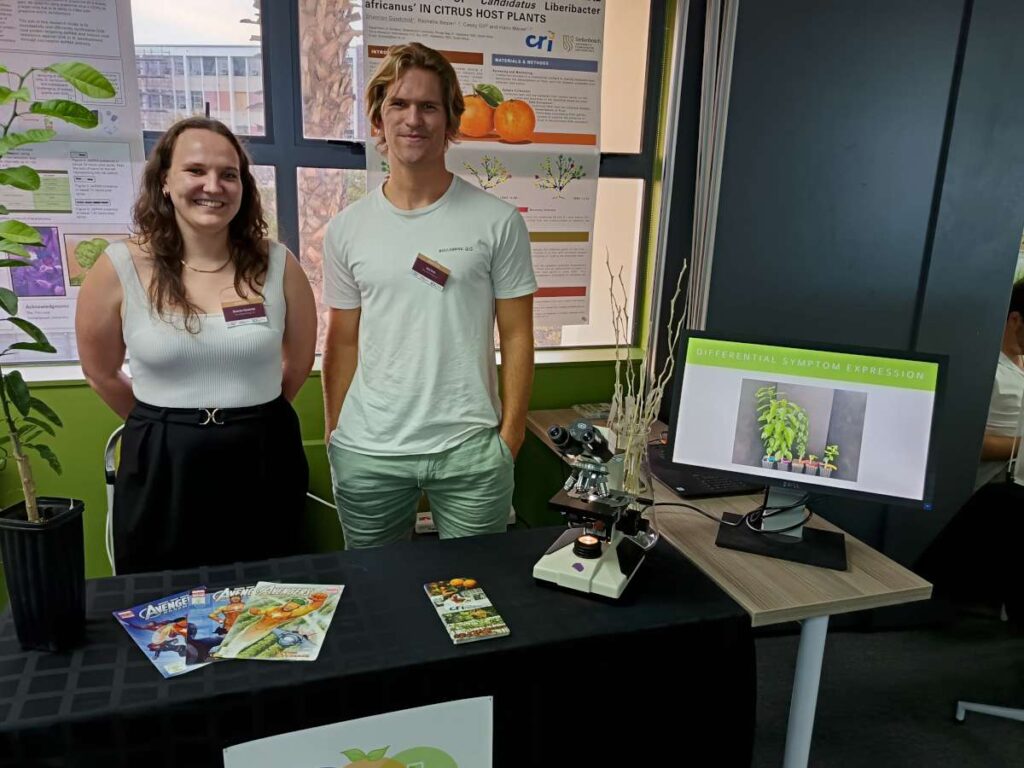
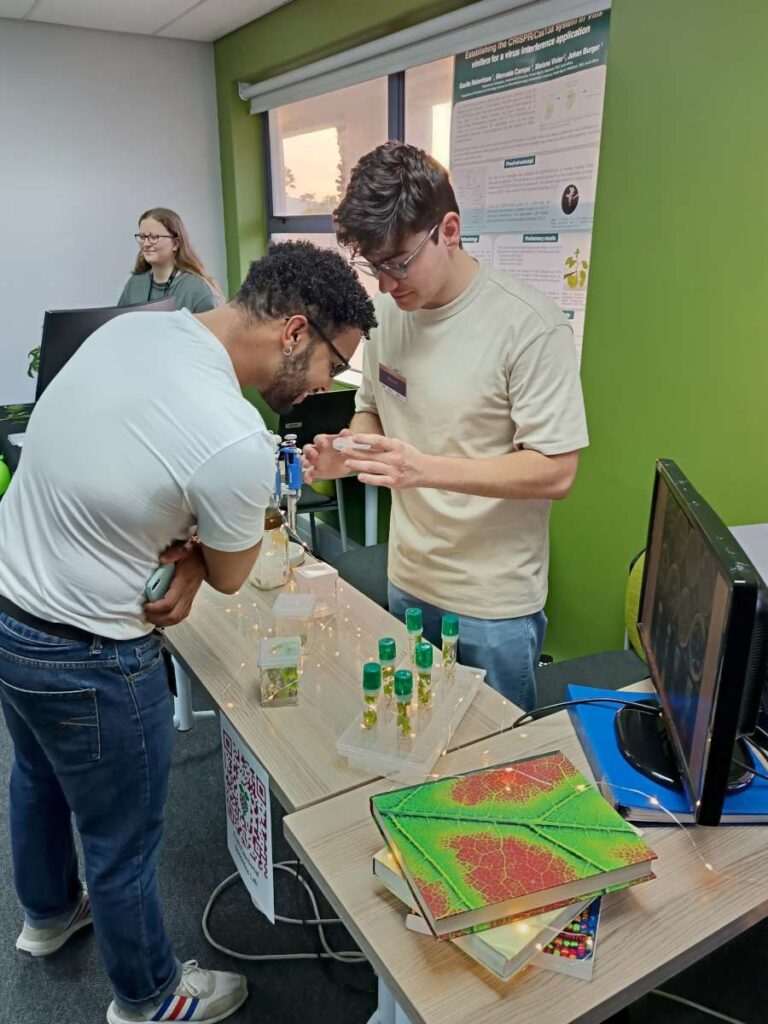
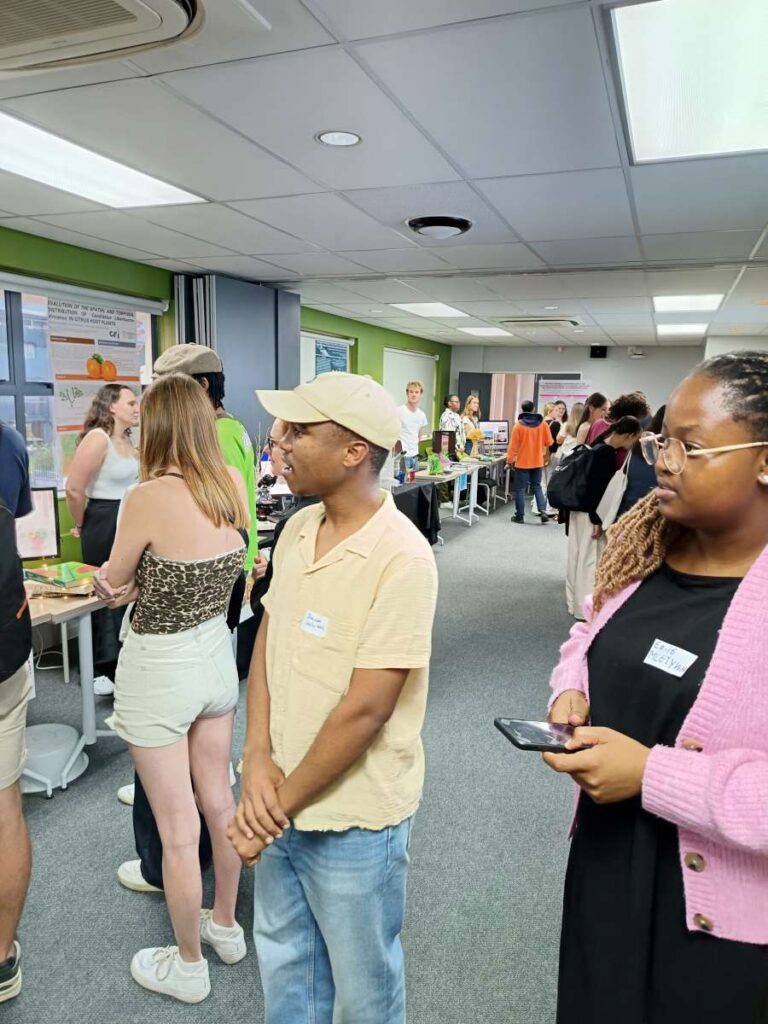
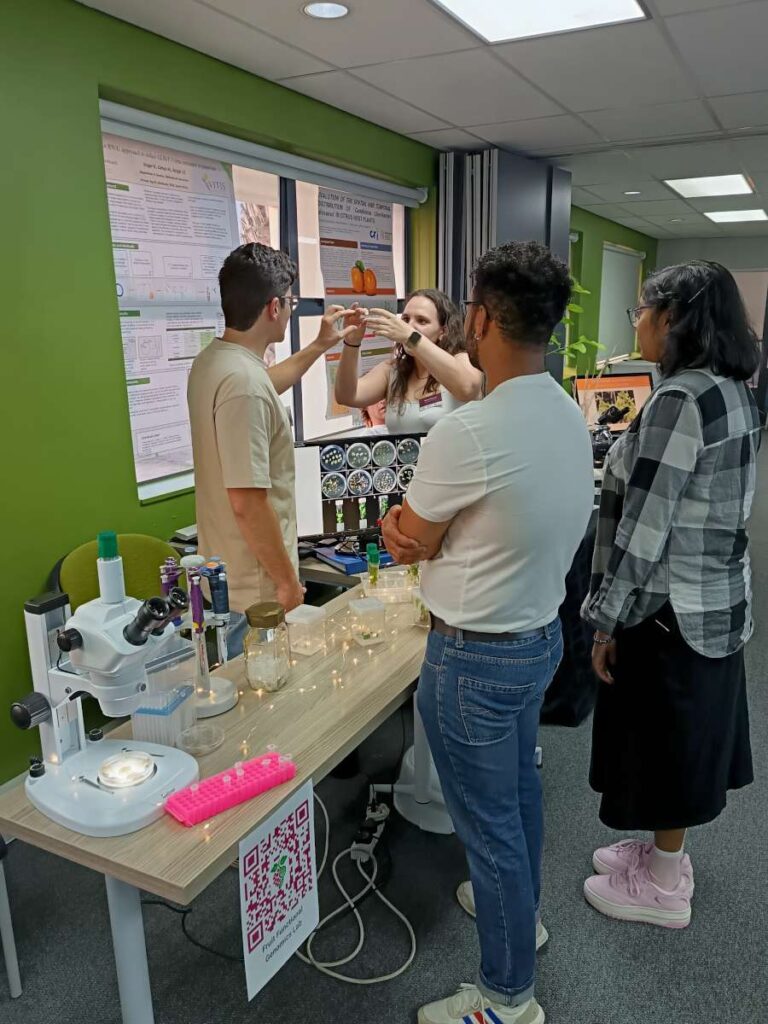
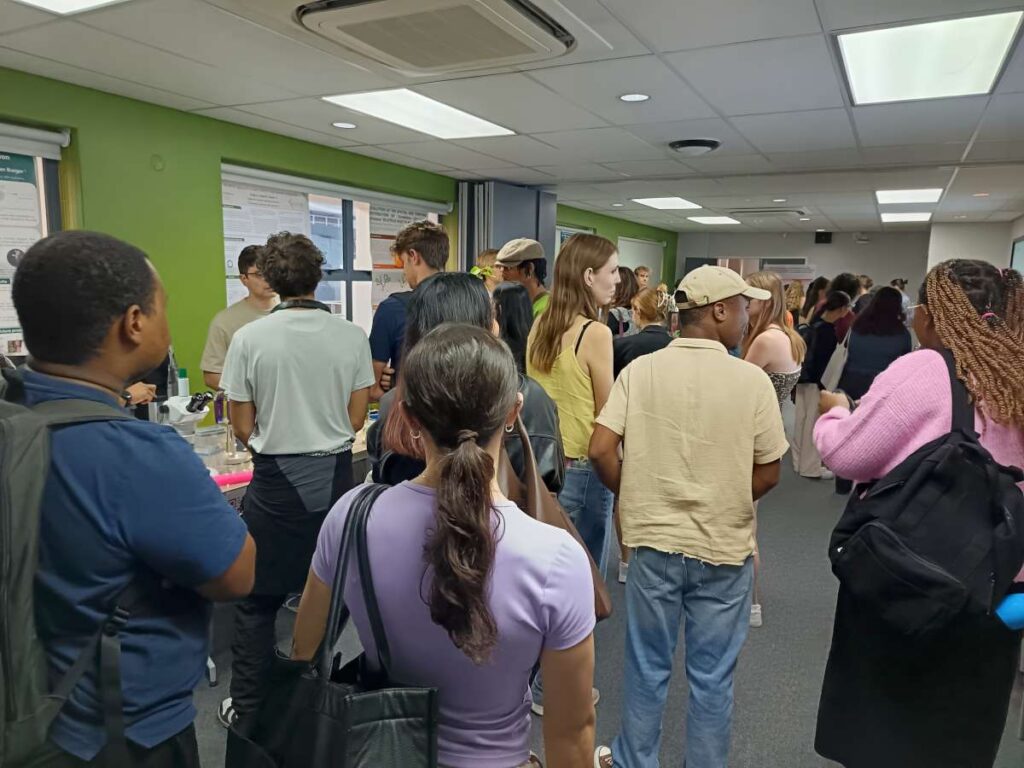
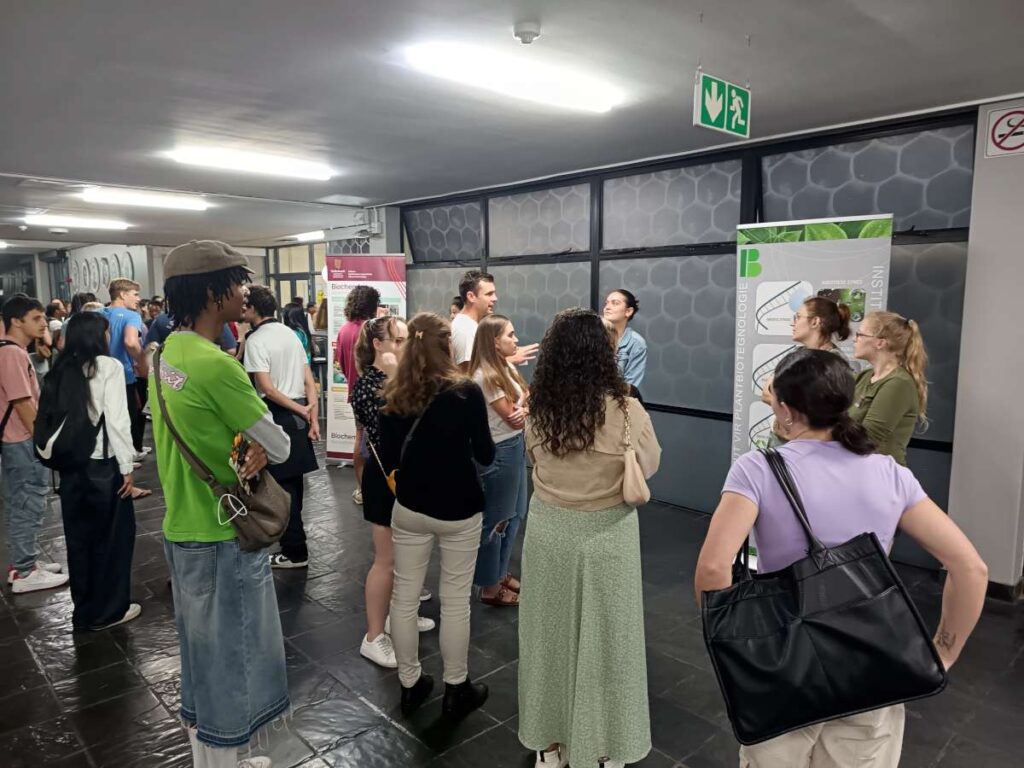
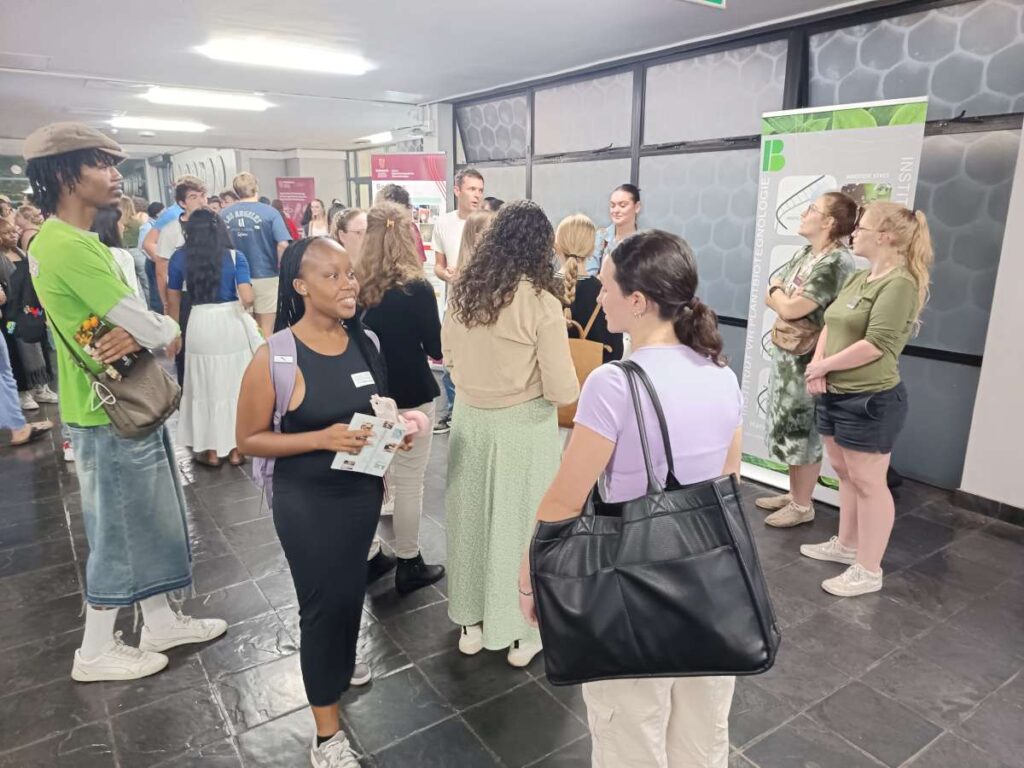
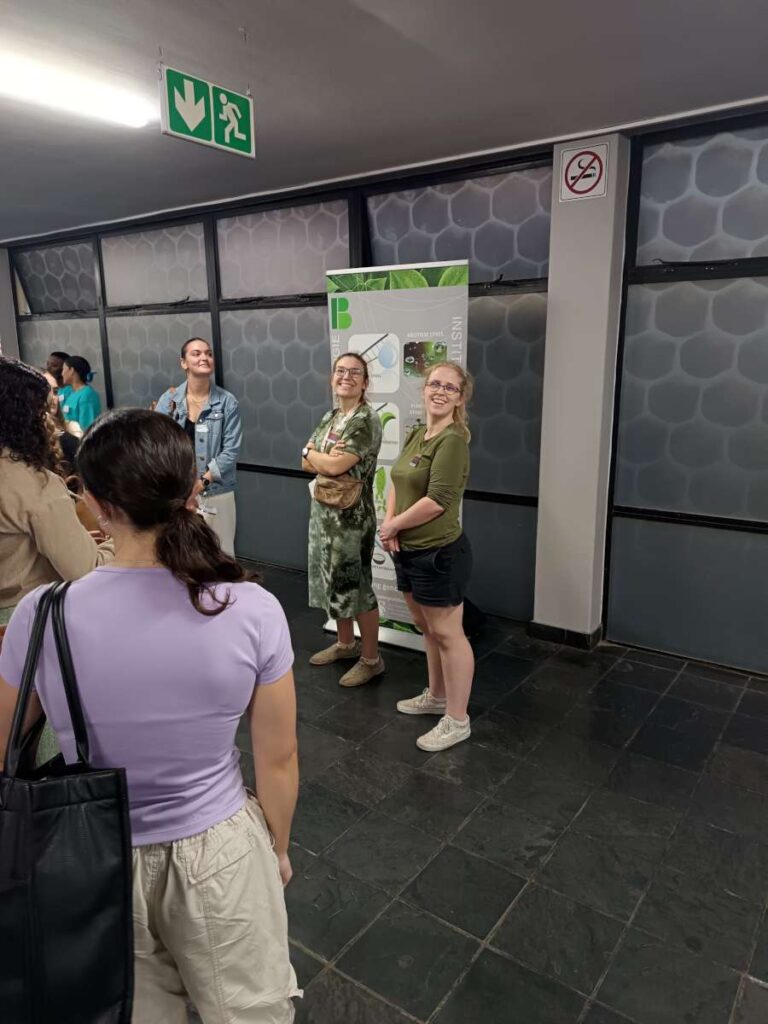
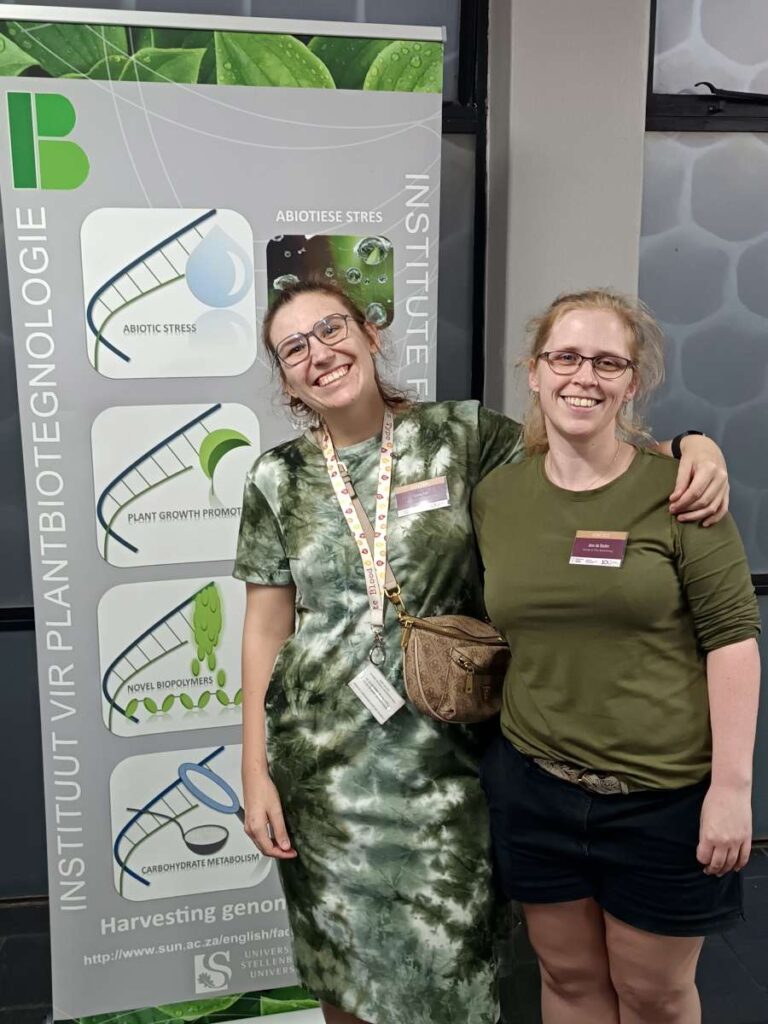
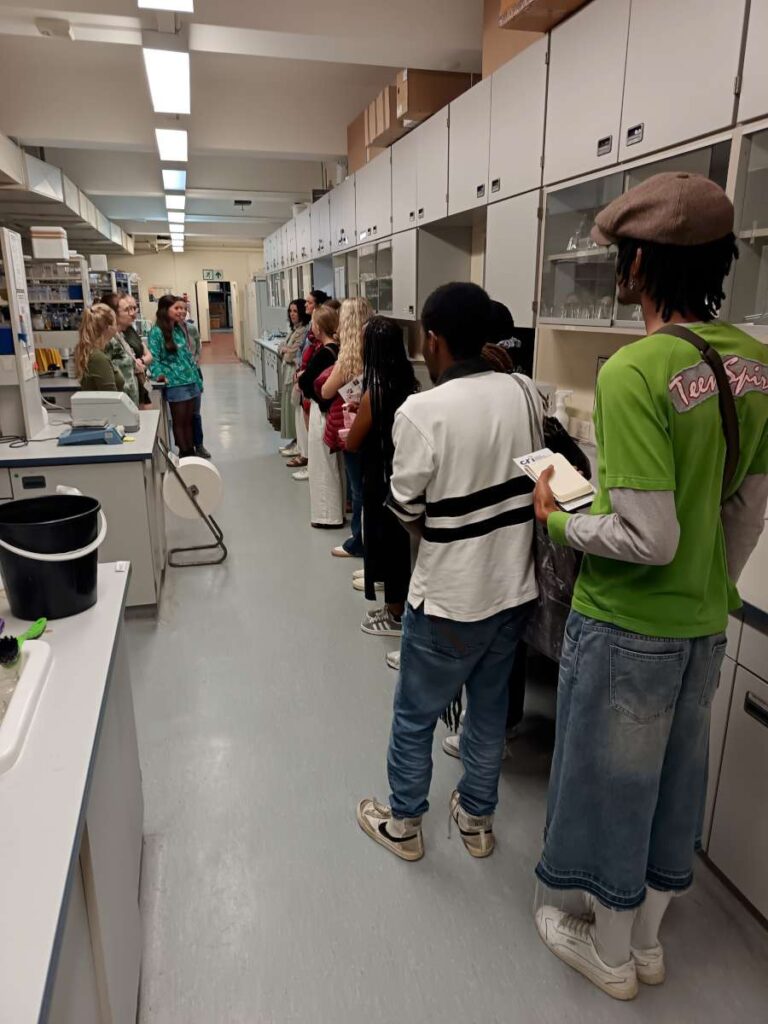
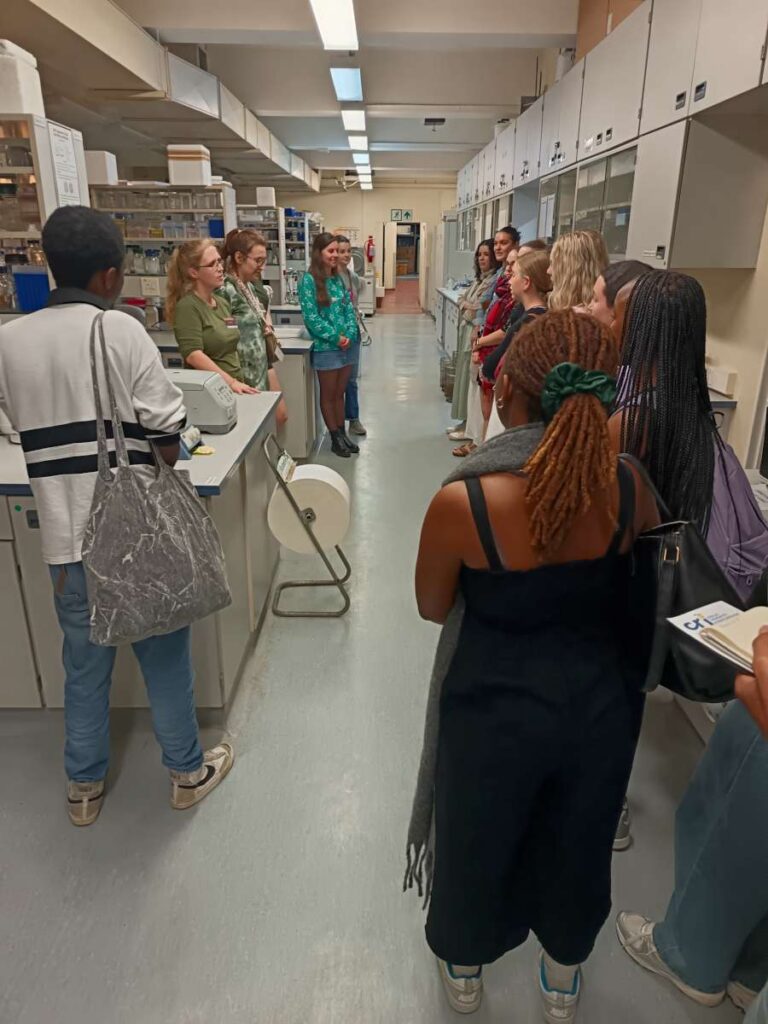
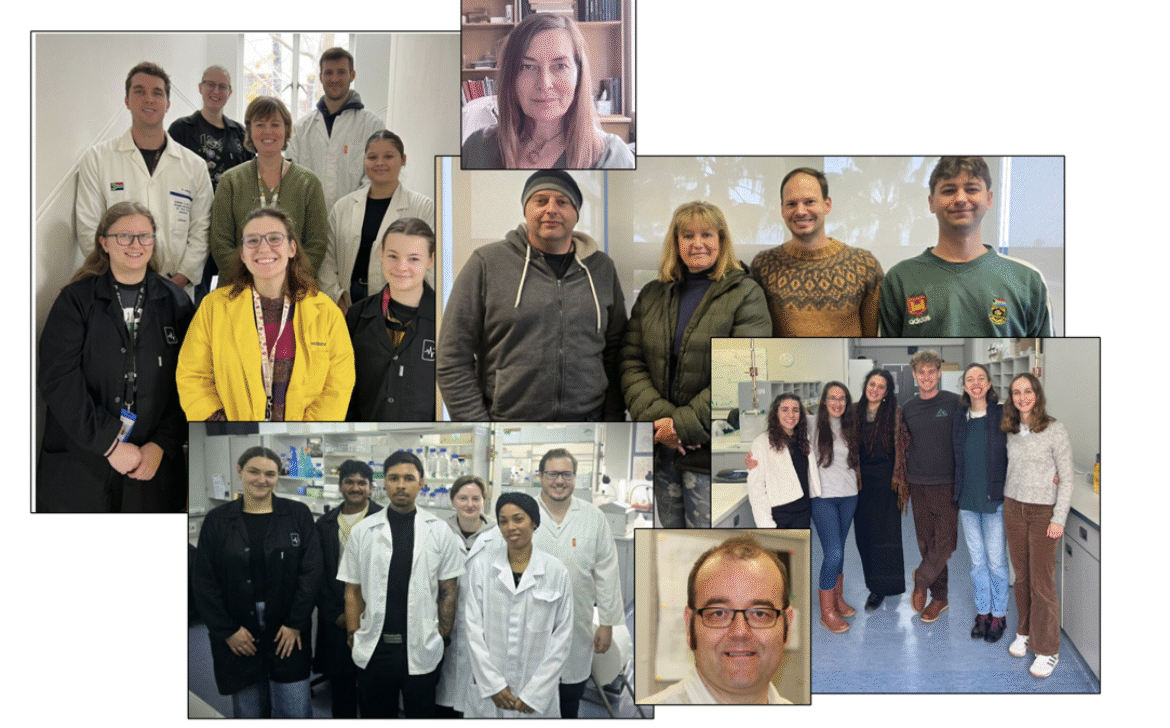
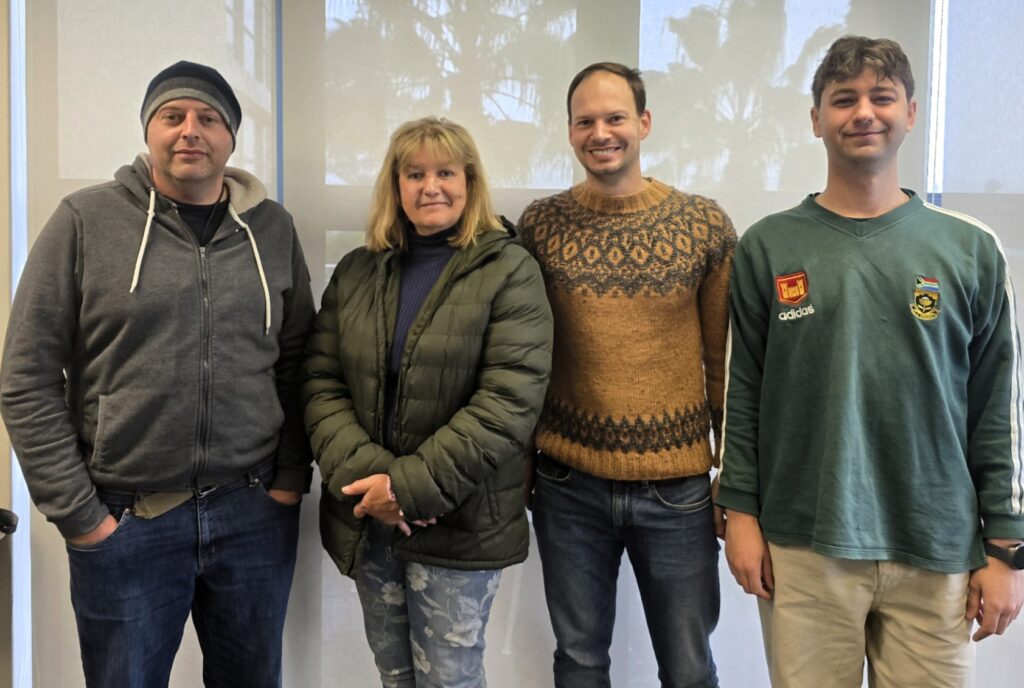 genomics has consistently bridged fundamental science with real-world agricultural applications. She is a B-rated scientist by the
genomics has consistently bridged fundamental science with real-world agricultural applications. She is a B-rated scientist by the 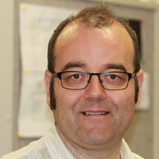
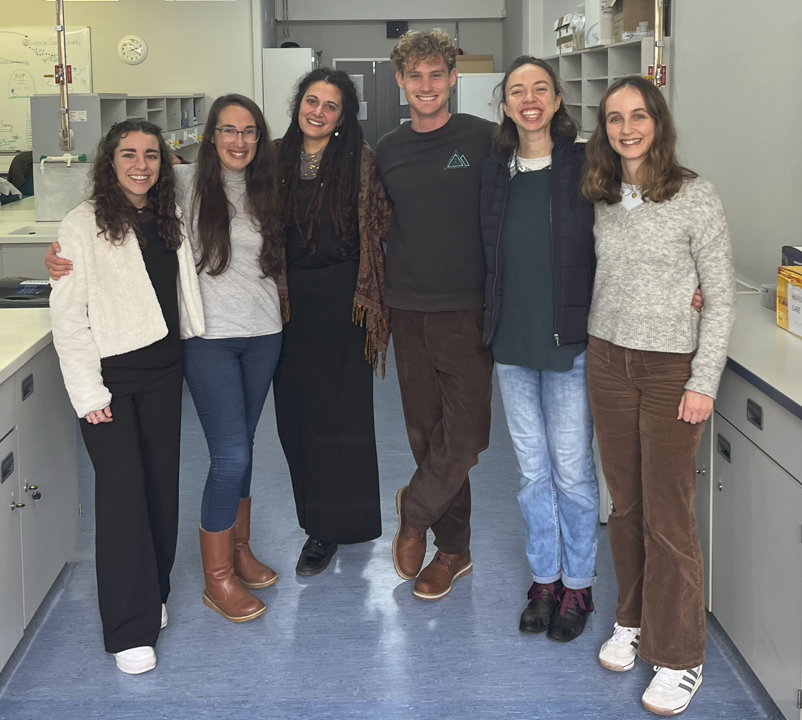
 depth and relevance of his work within the mental health genetics field.
depth and relevance of his work within the mental health genetics field.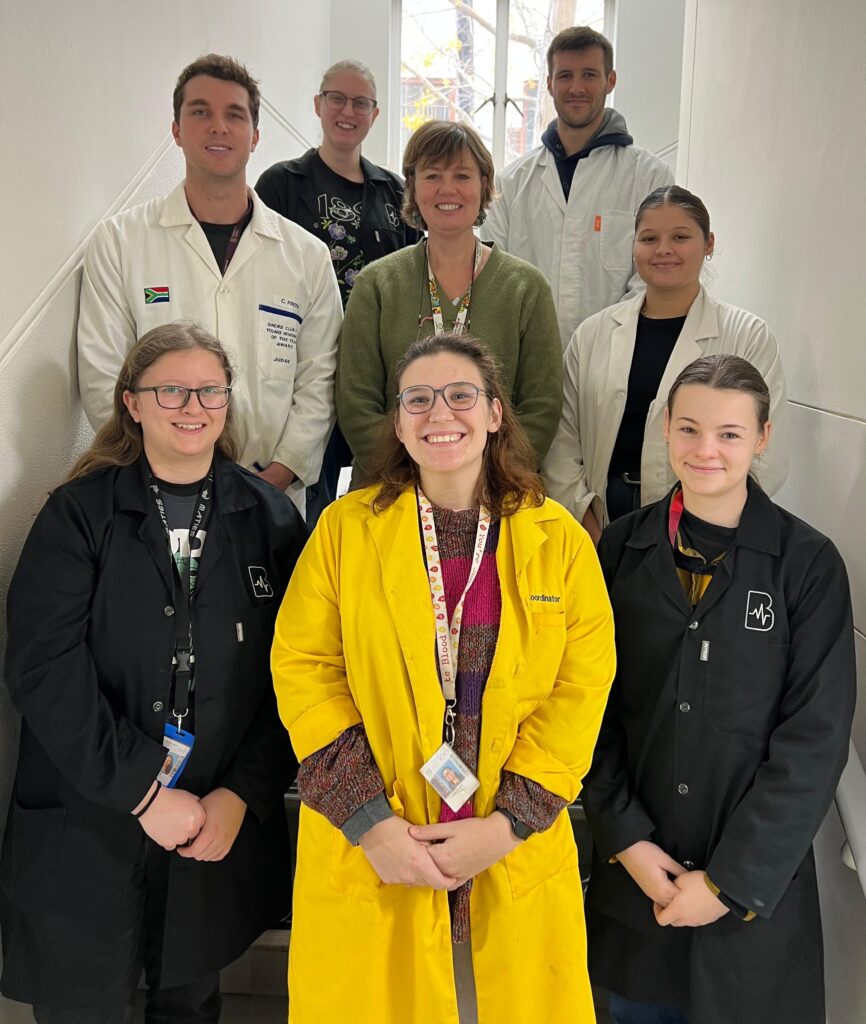 ategic industry partnerships, particularly in the field of sugarcane improvement. With over 800 citations, an h-index of 16, and +30 publications, her scholarly record demonstrates both depth and sustained influence within applied plant biotechnology.
ategic industry partnerships, particularly in the field of sugarcane improvement. With over 800 citations, an h-index of 16, and +30 publications, her scholarly record demonstrates both depth and sustained influence within applied plant biotechnology. Although still early in his academic career having held his position for just four years, Dr. Le Roux has already surpassed 102 citations, with +8 publication, showing the growing visibility and relevance of his research contributions.
Although still early in his academic career having held his position for just four years, Dr. Le Roux has already surpassed 102 citations, with +8 publication, showing the growing visibility and relevance of his research contributions.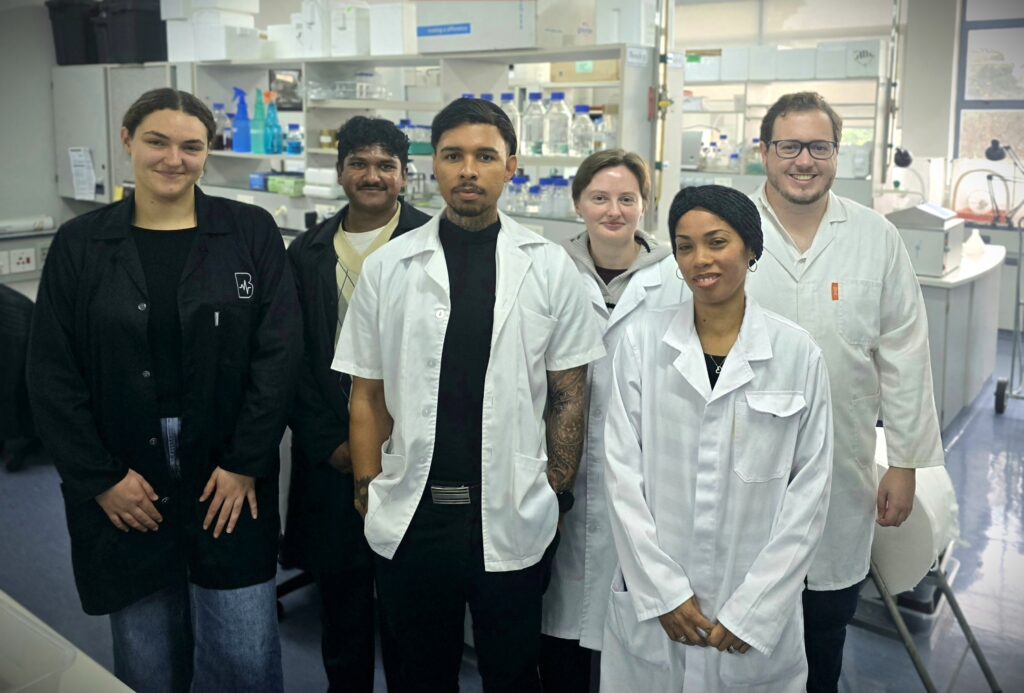 climate-induced yield loss in wheat and promotes the use of AI, particularly deep learning, to extract meaningful insights from omics datasets. The article advances the case for computational tools in identifying and deploying drought-resilient traits in crops.
climate-induced yield loss in wheat and promotes the use of AI, particularly deep learning, to extract meaningful insights from omics datasets. The article advances the case for computational tools in identifying and deploying drought-resilient traits in crops.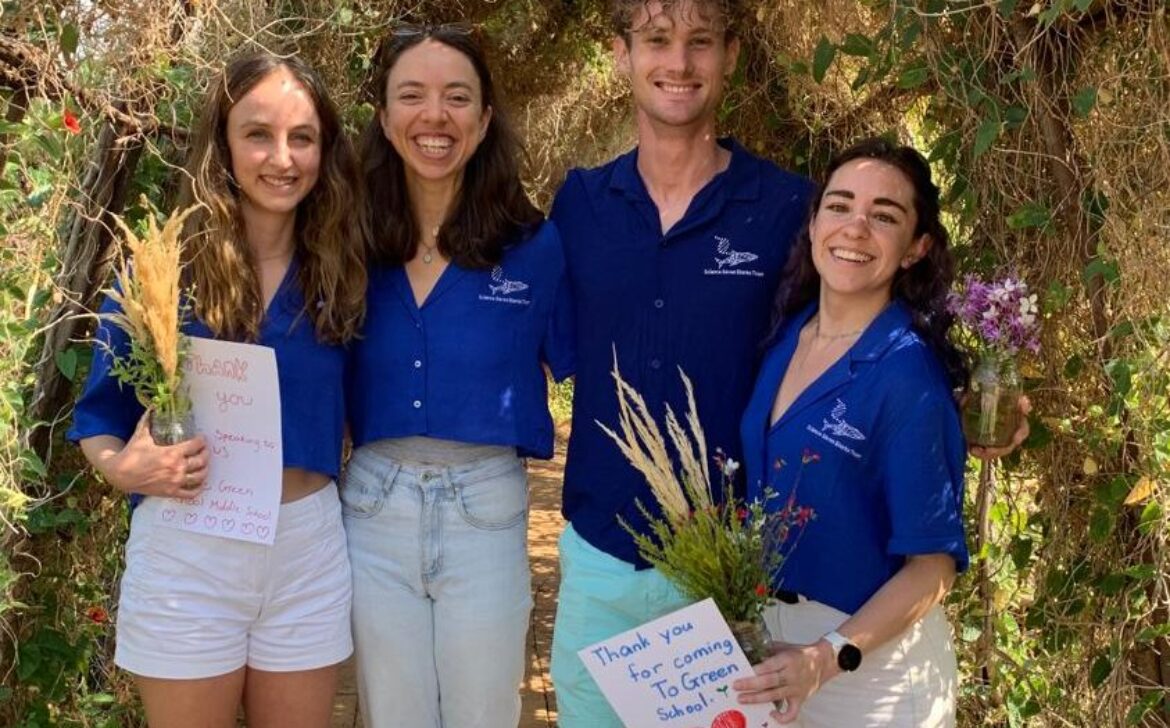
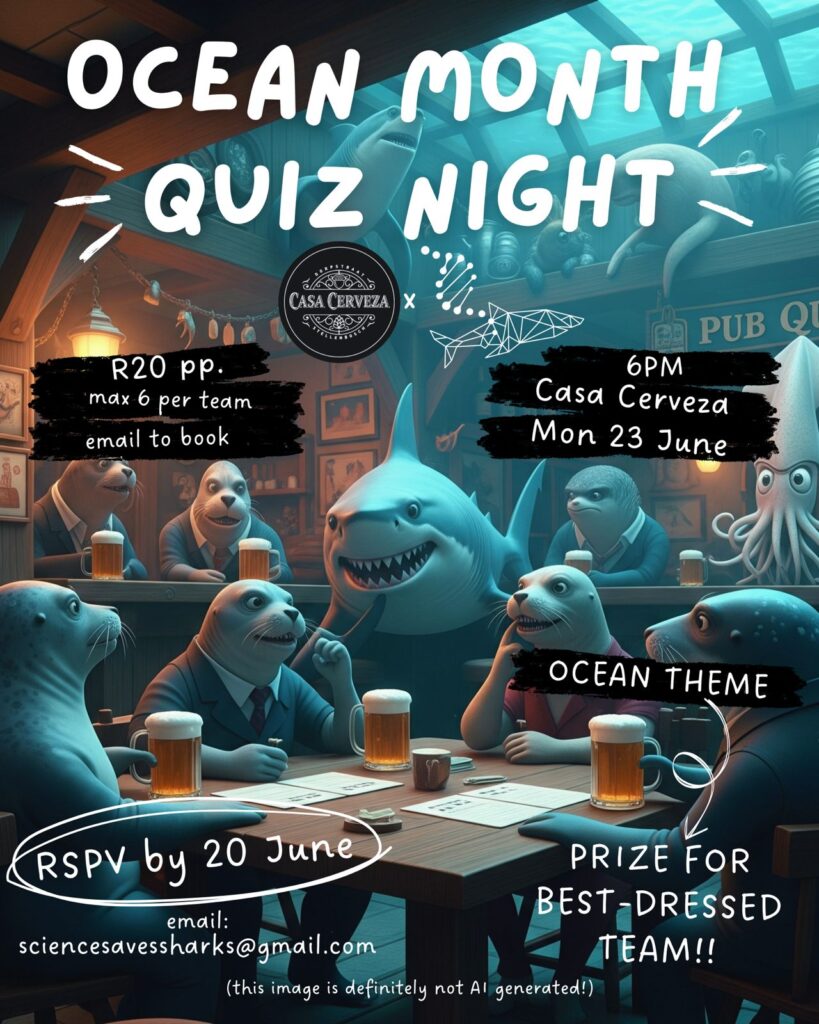
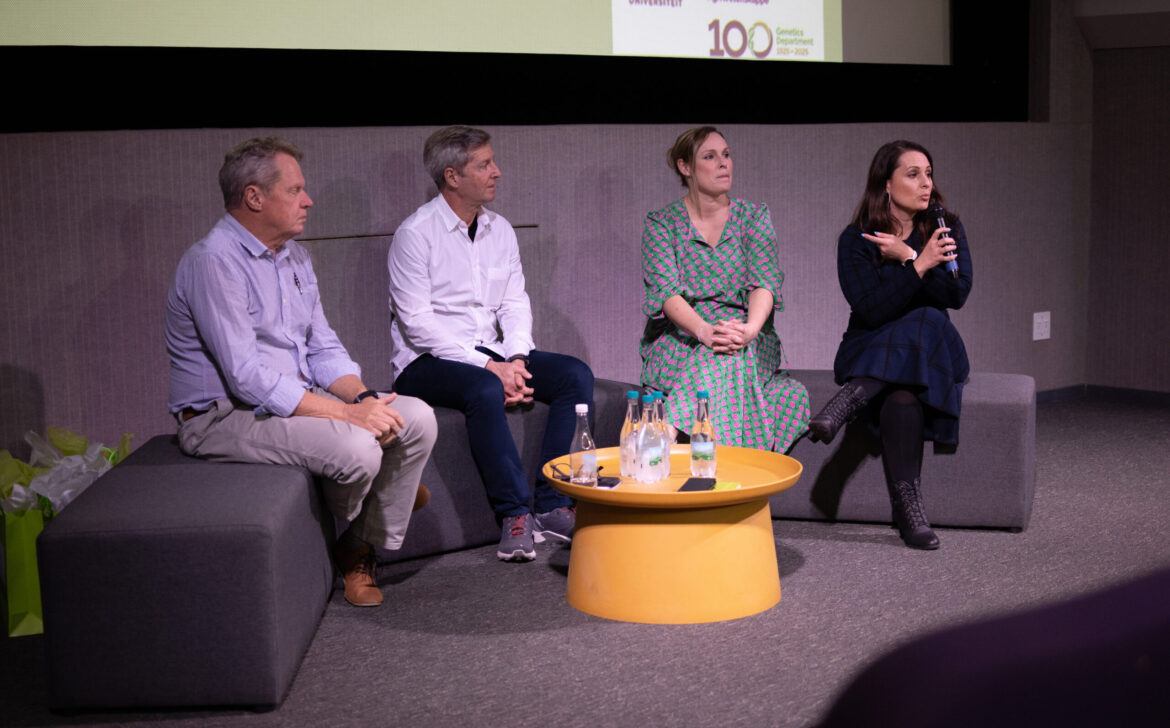

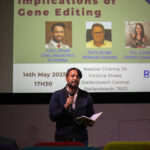
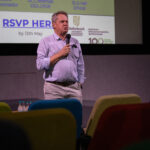
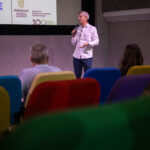
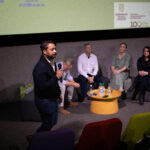
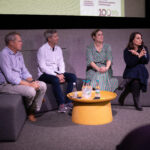
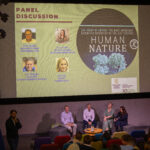

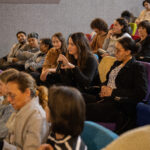



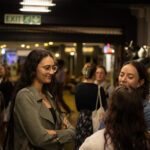


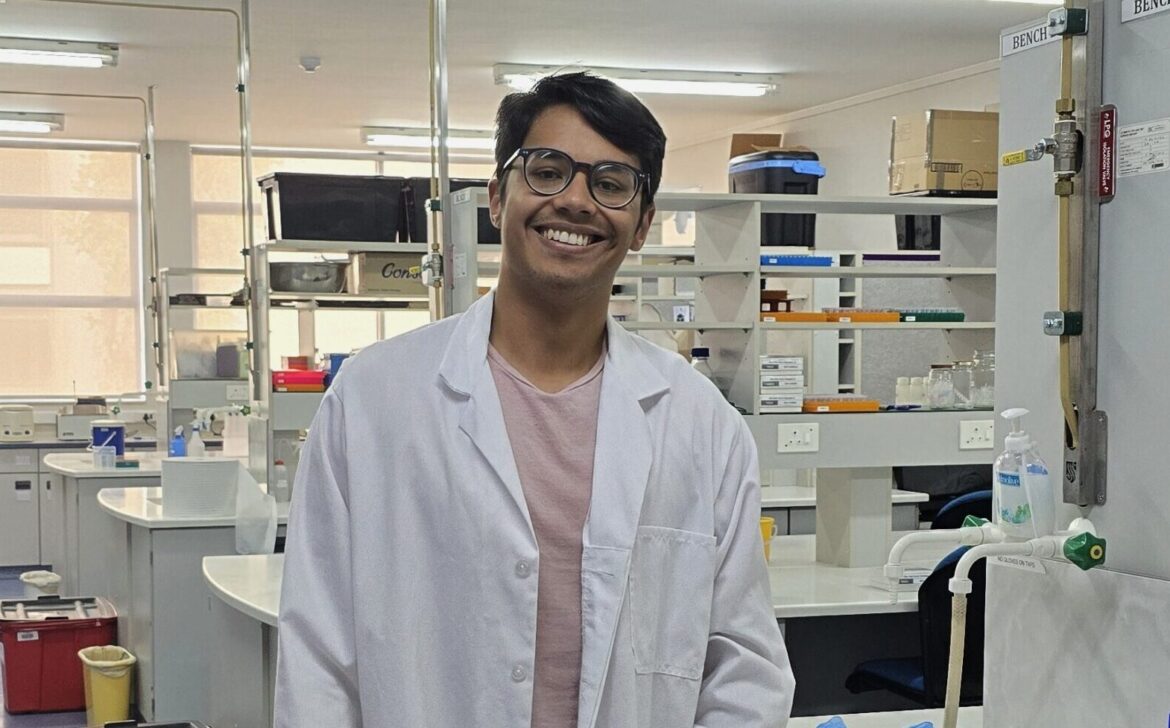
 epresent others who are doing it,” he says. His leadership approach is deeply rooted in listening and inclusion. “So much can be fixed if we just have clear channels of communication,” he adds, aiming to create a student network that is more connected, responsive, and representative.
epresent others who are doing it,” he says. His leadership approach is deeply rooted in listening and inclusion. “So much can be fixed if we just have clear channels of communication,” he adds, aiming to create a student network that is more connected, responsive, and representative.